
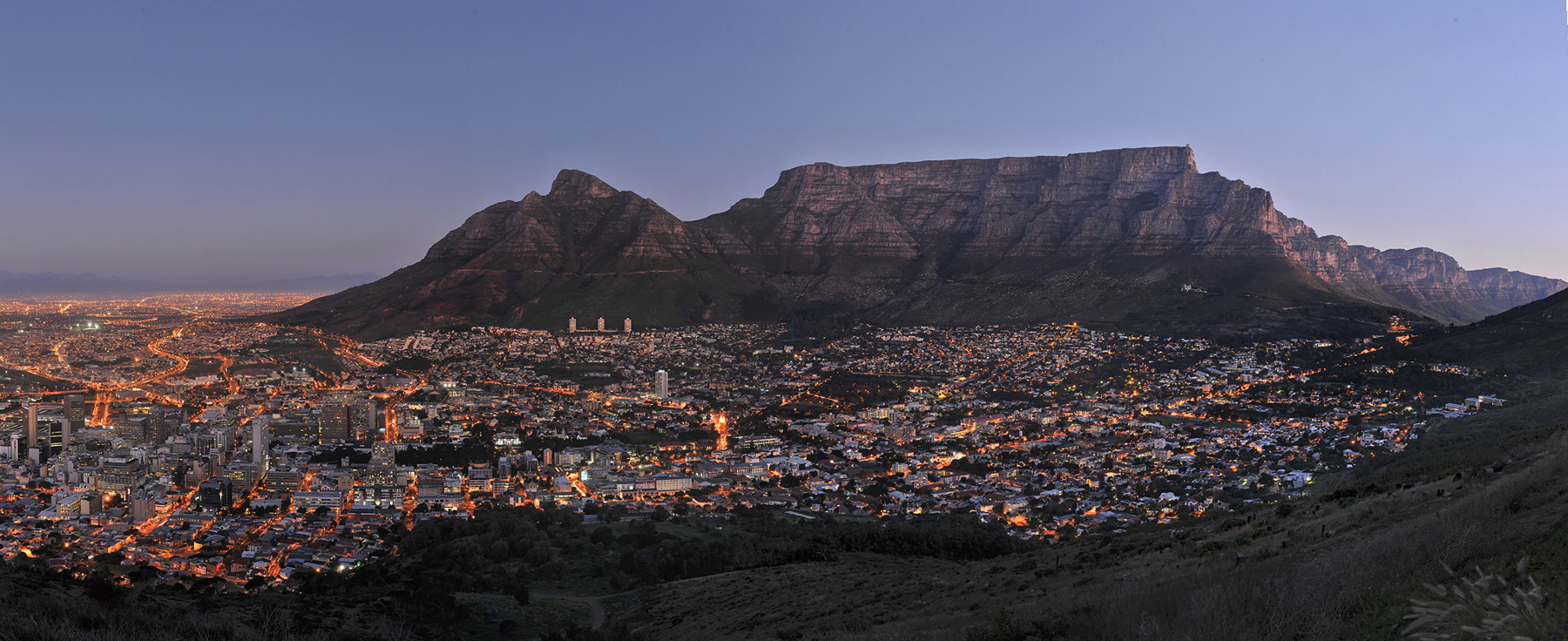
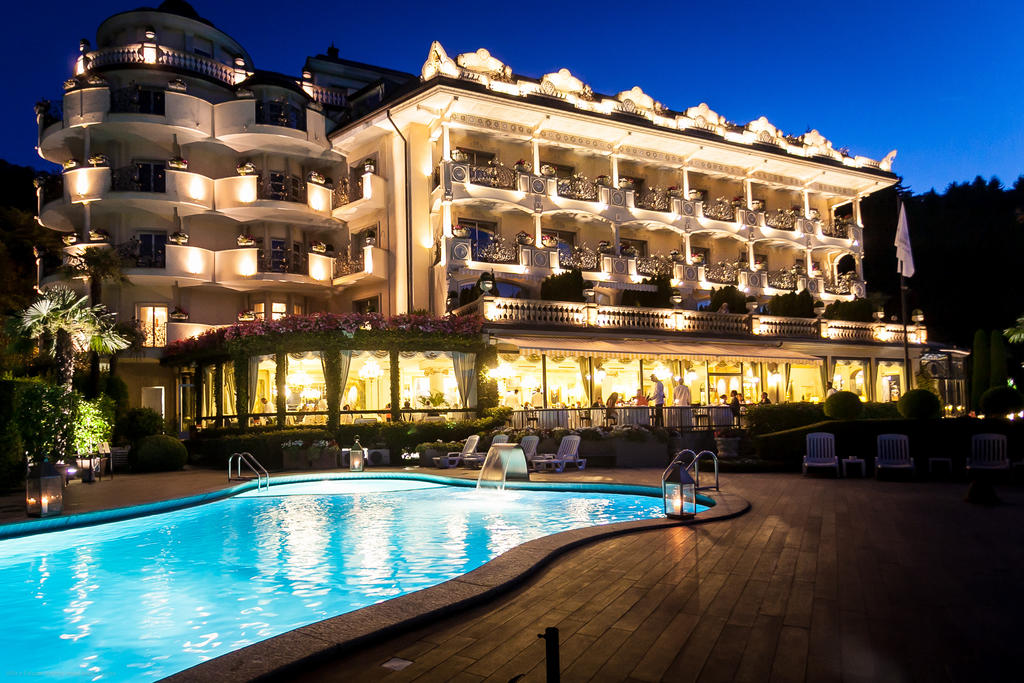
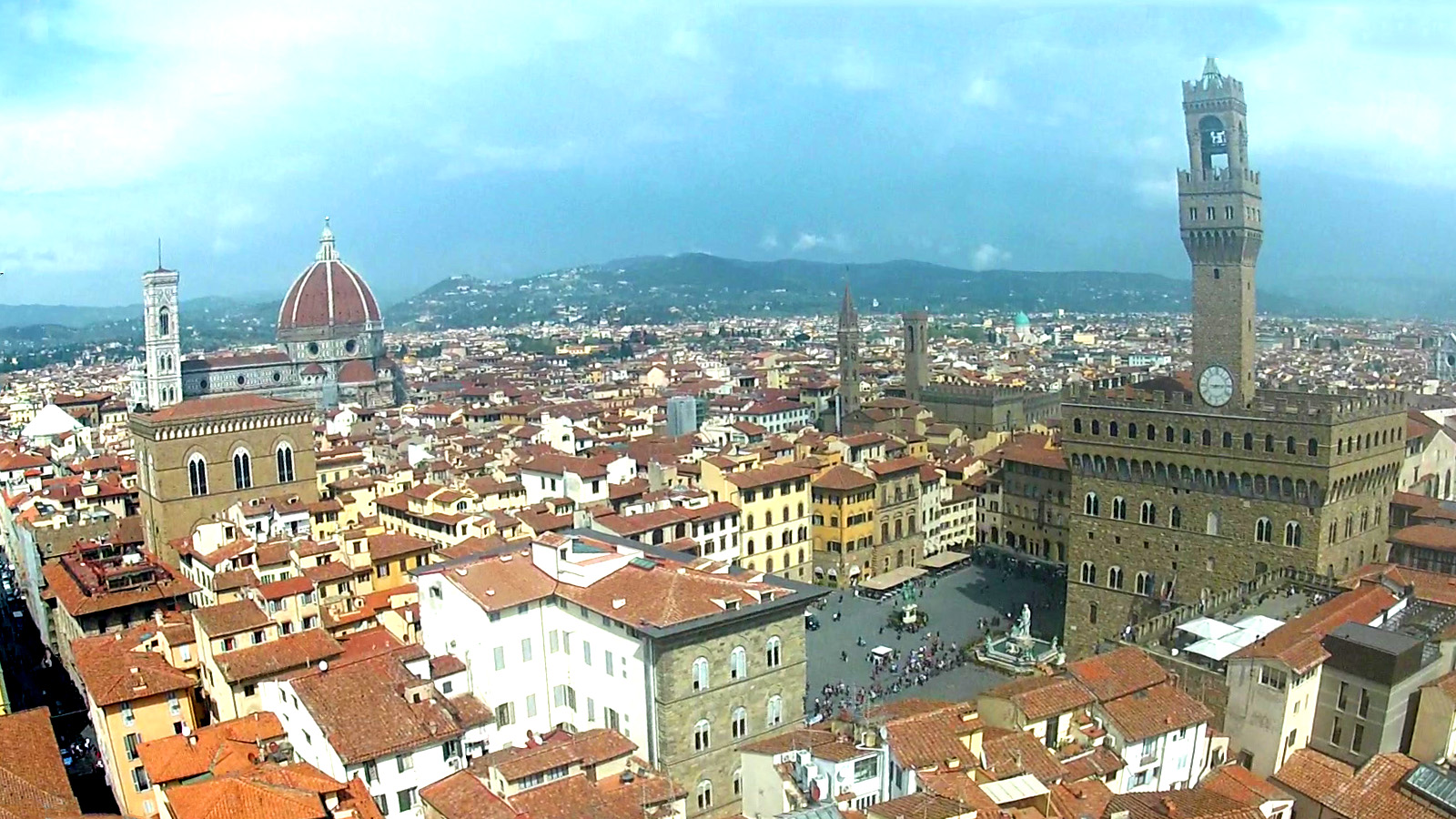

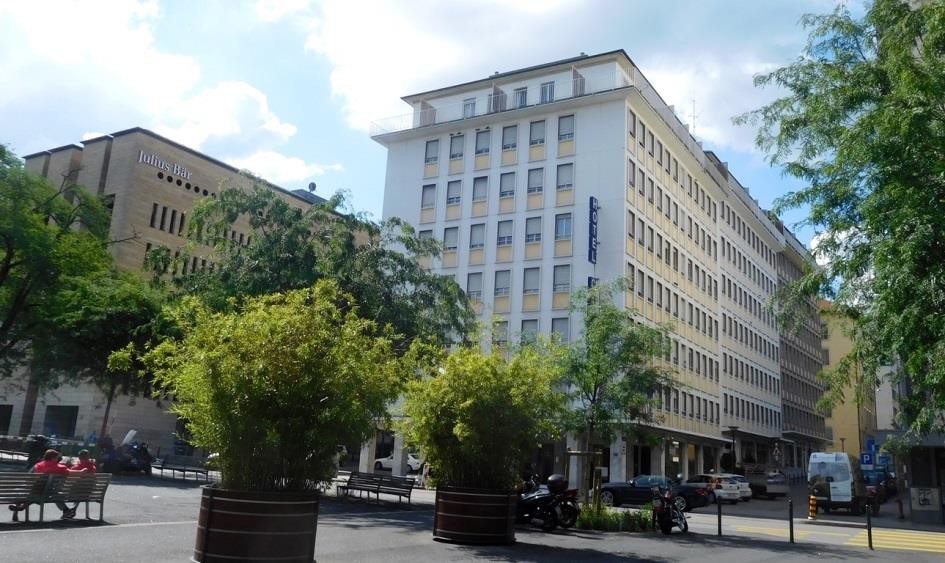
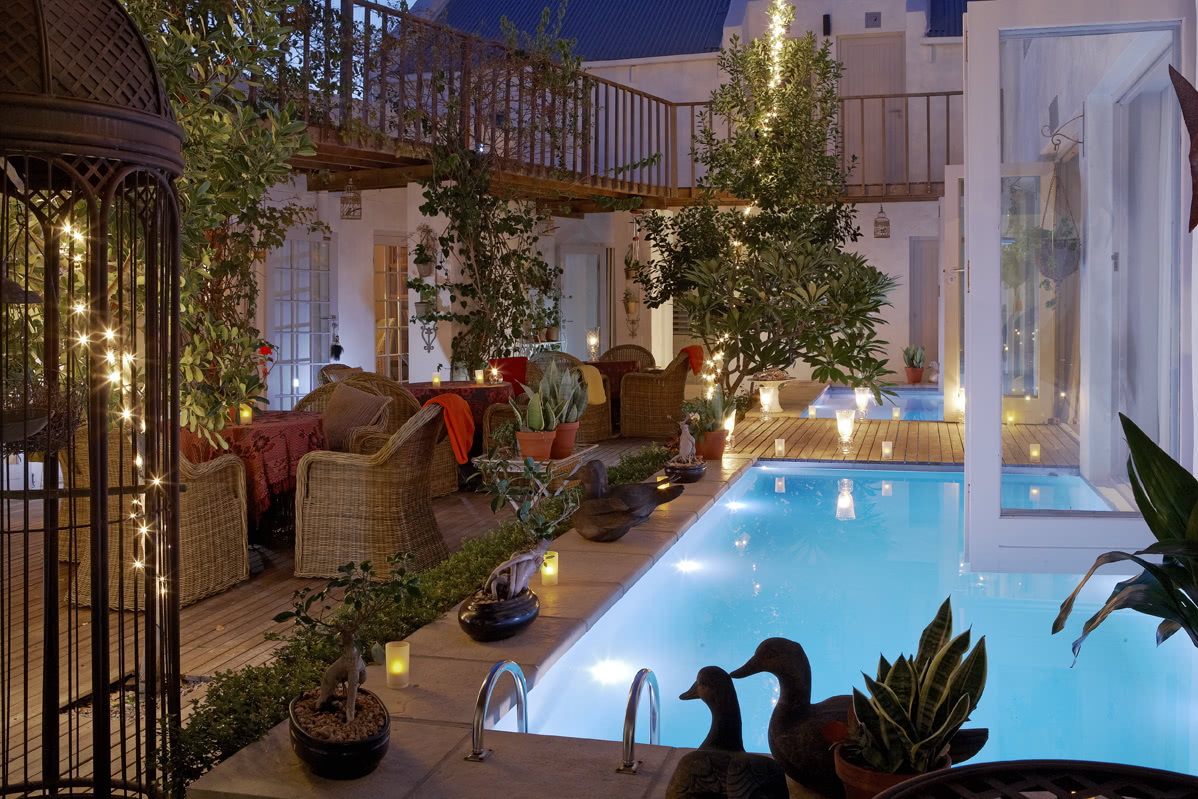
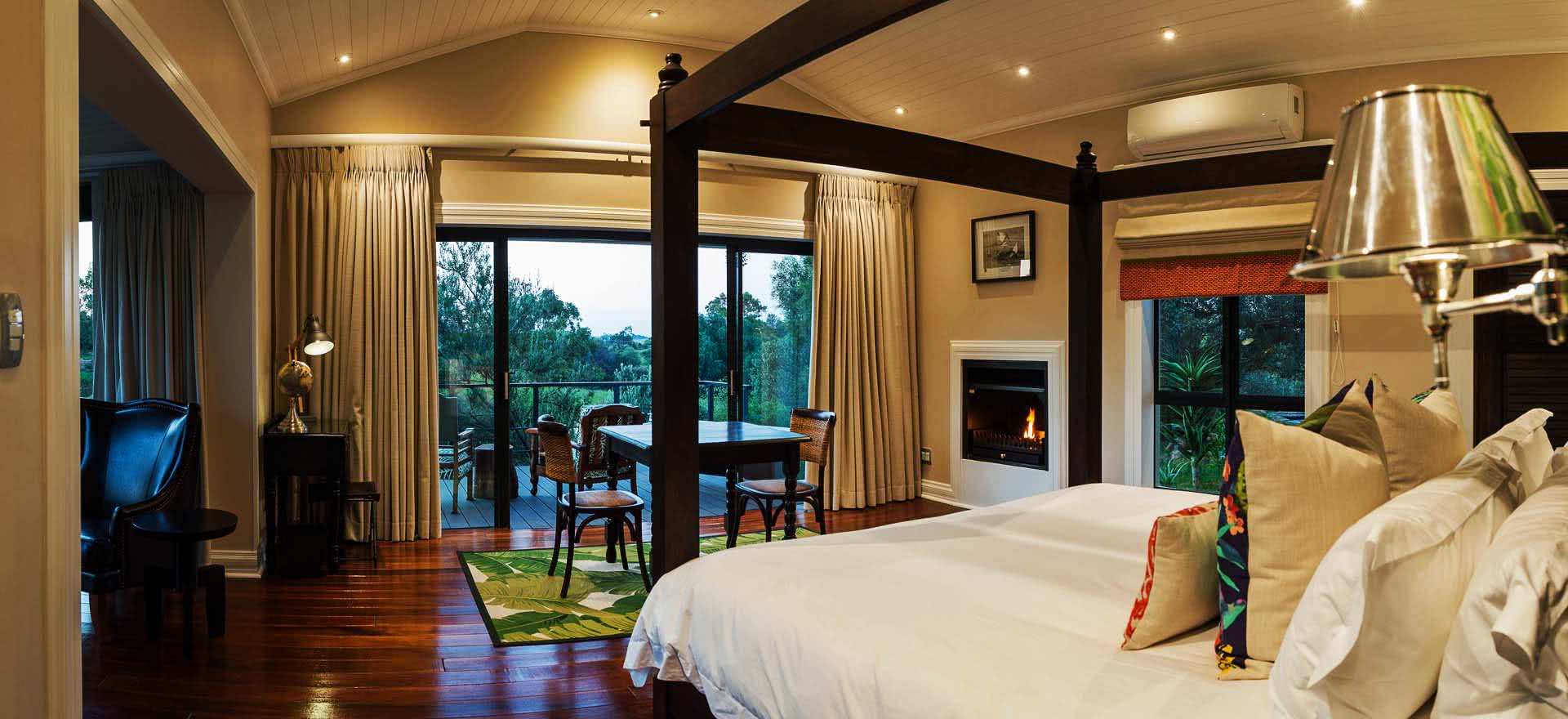
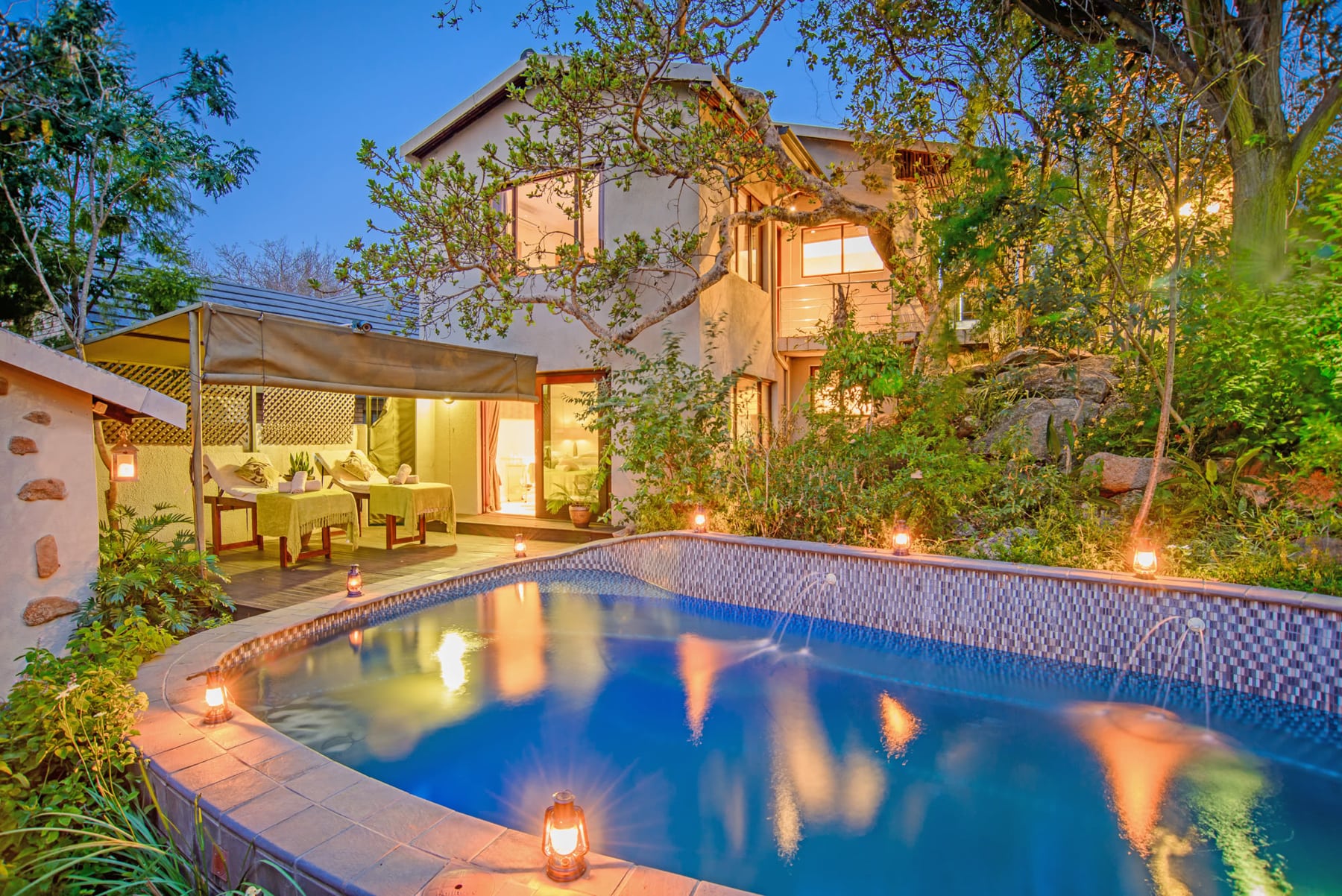

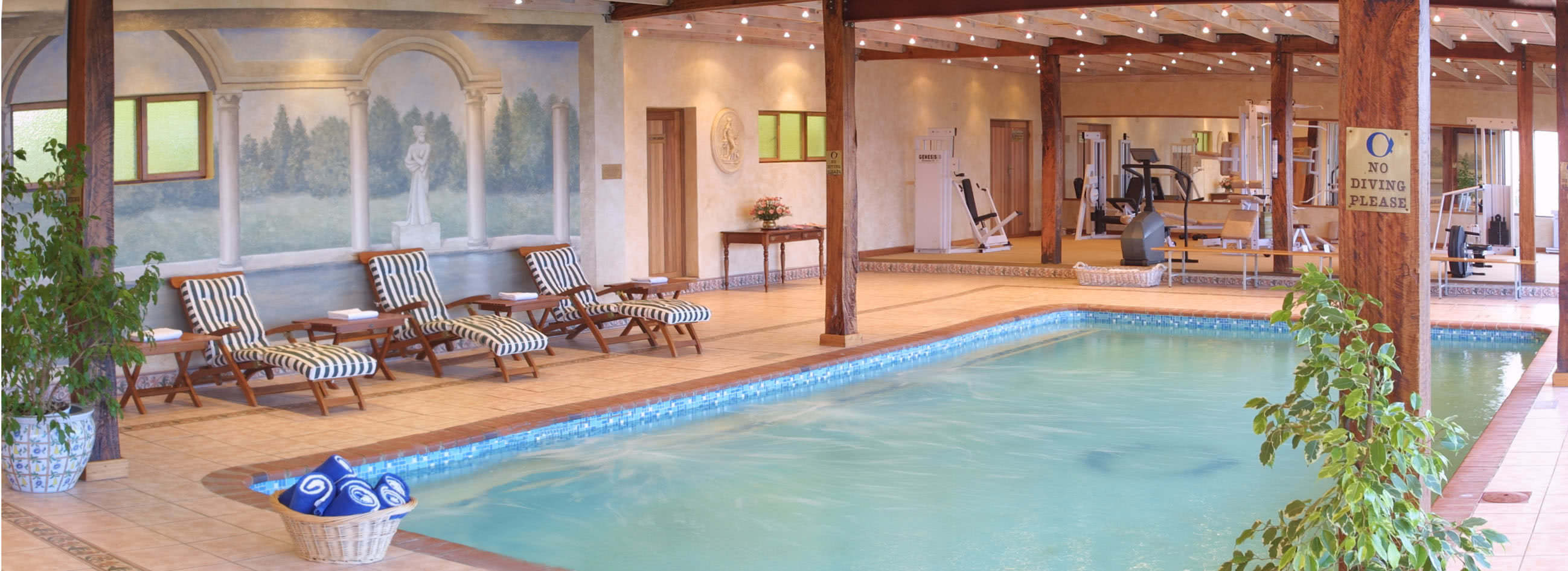
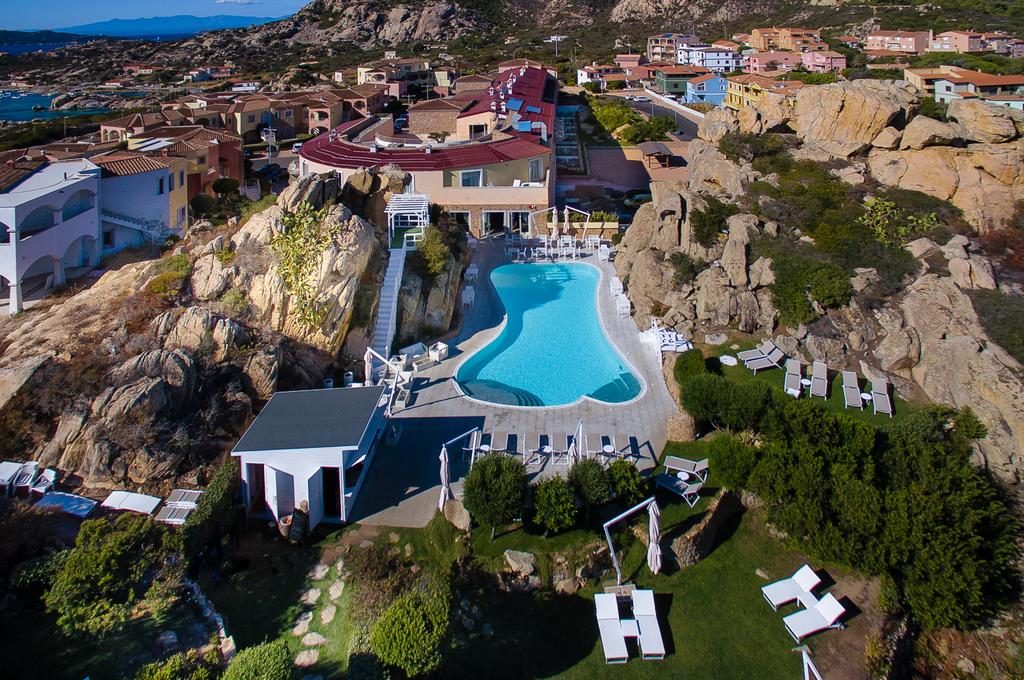
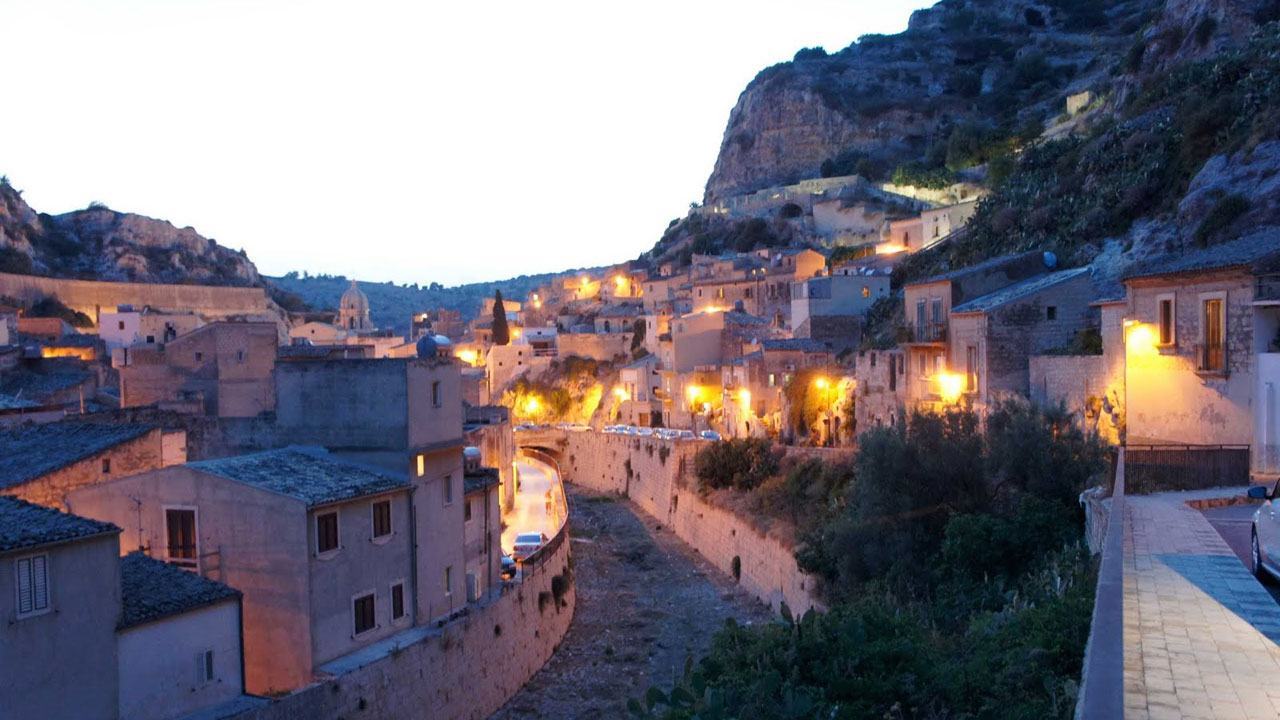
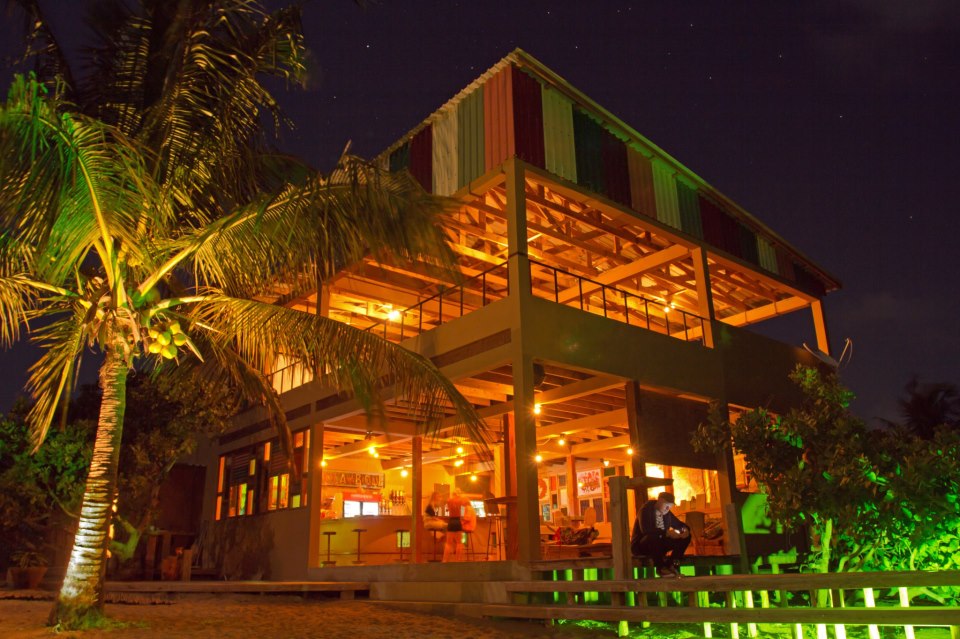
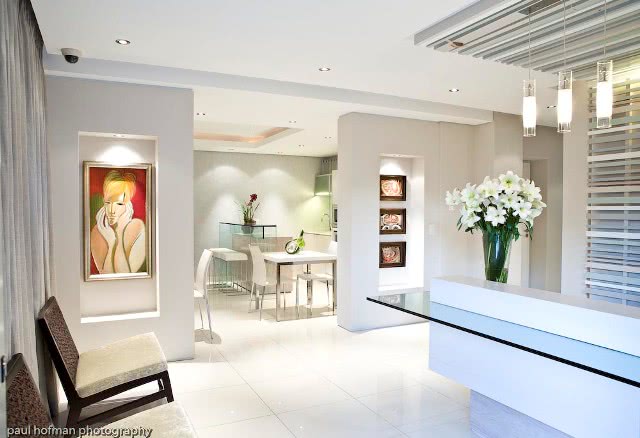
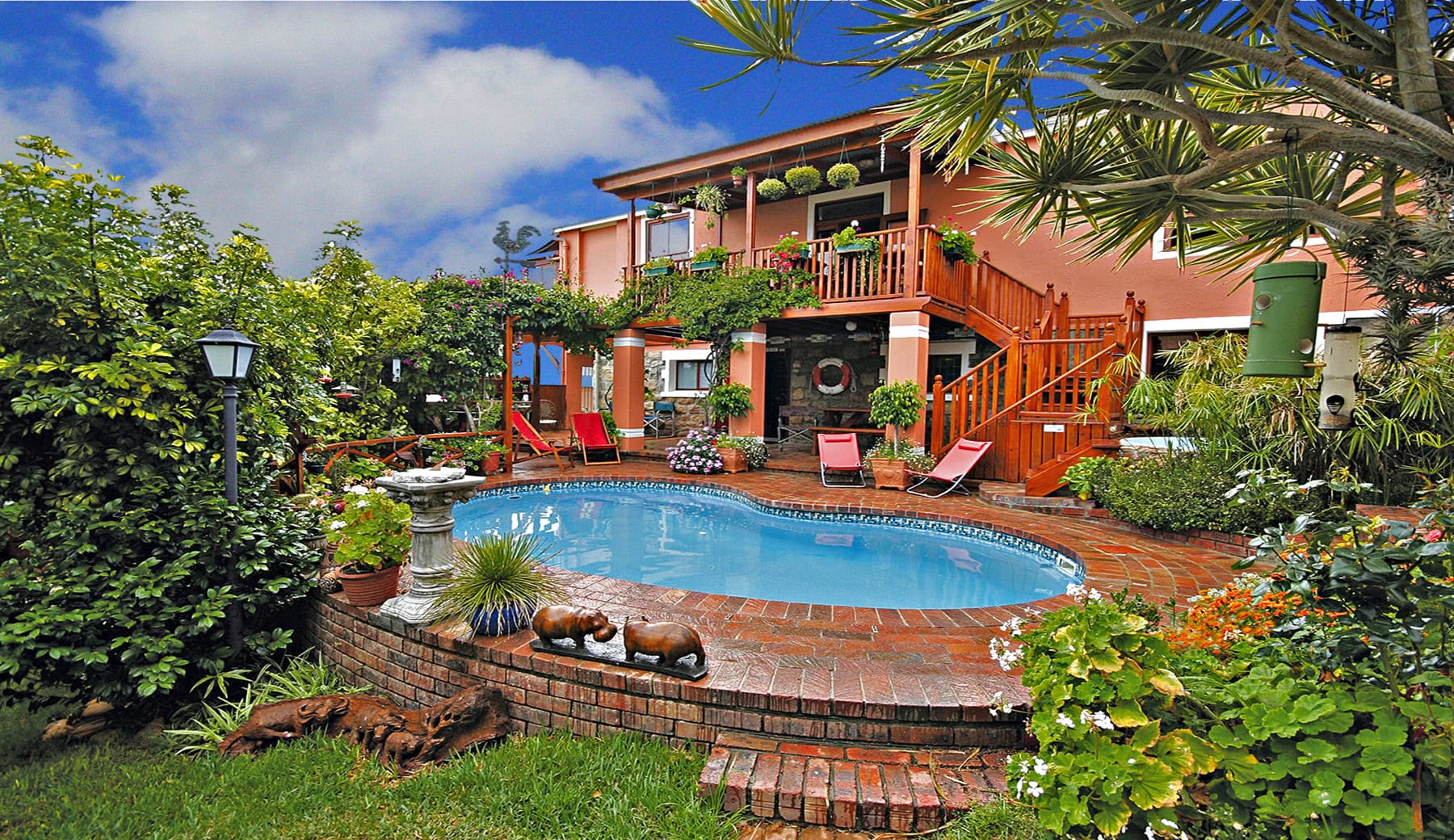
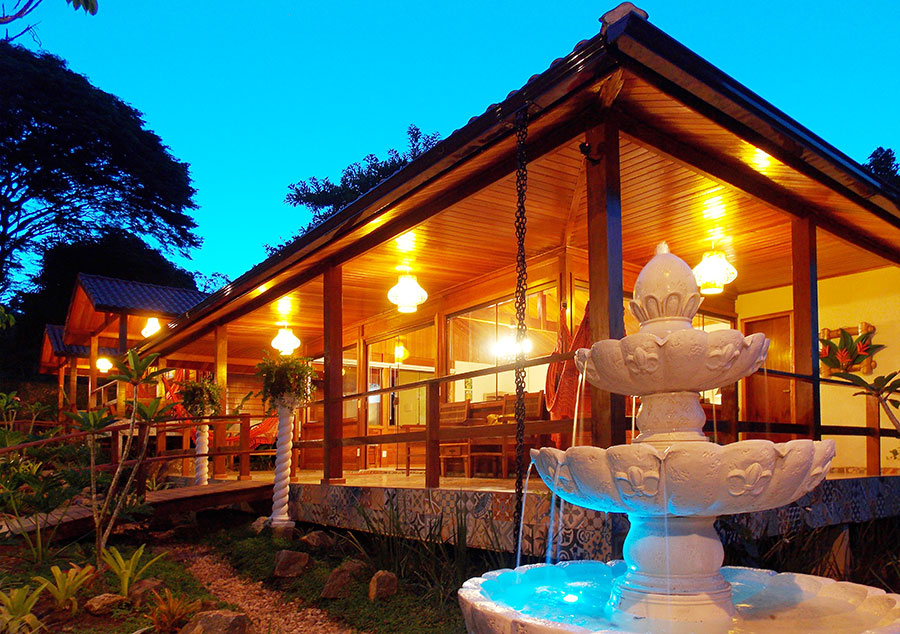
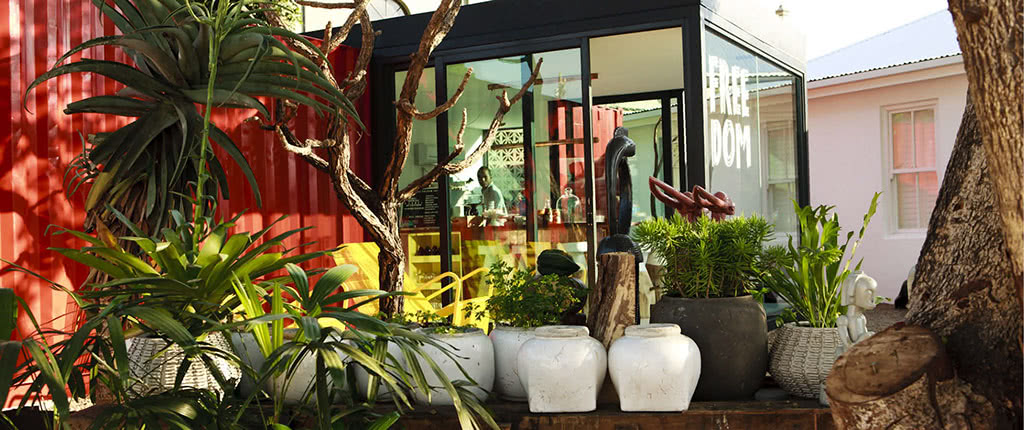
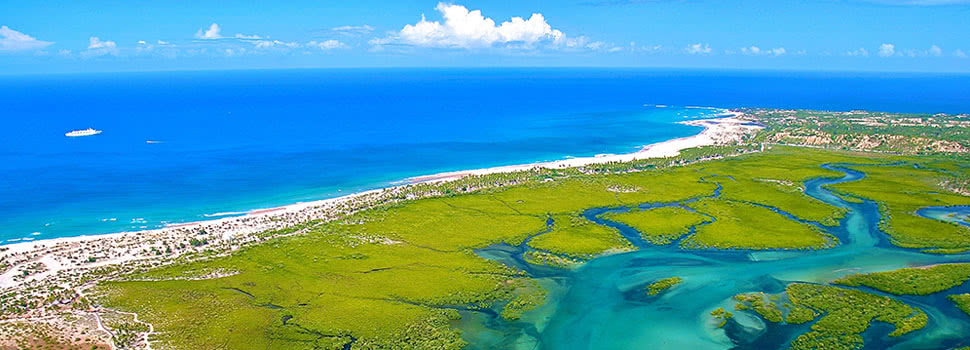
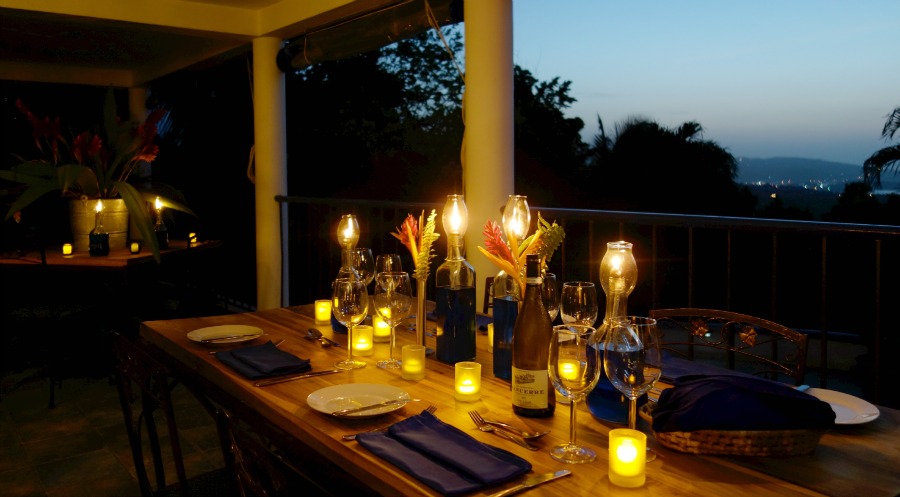
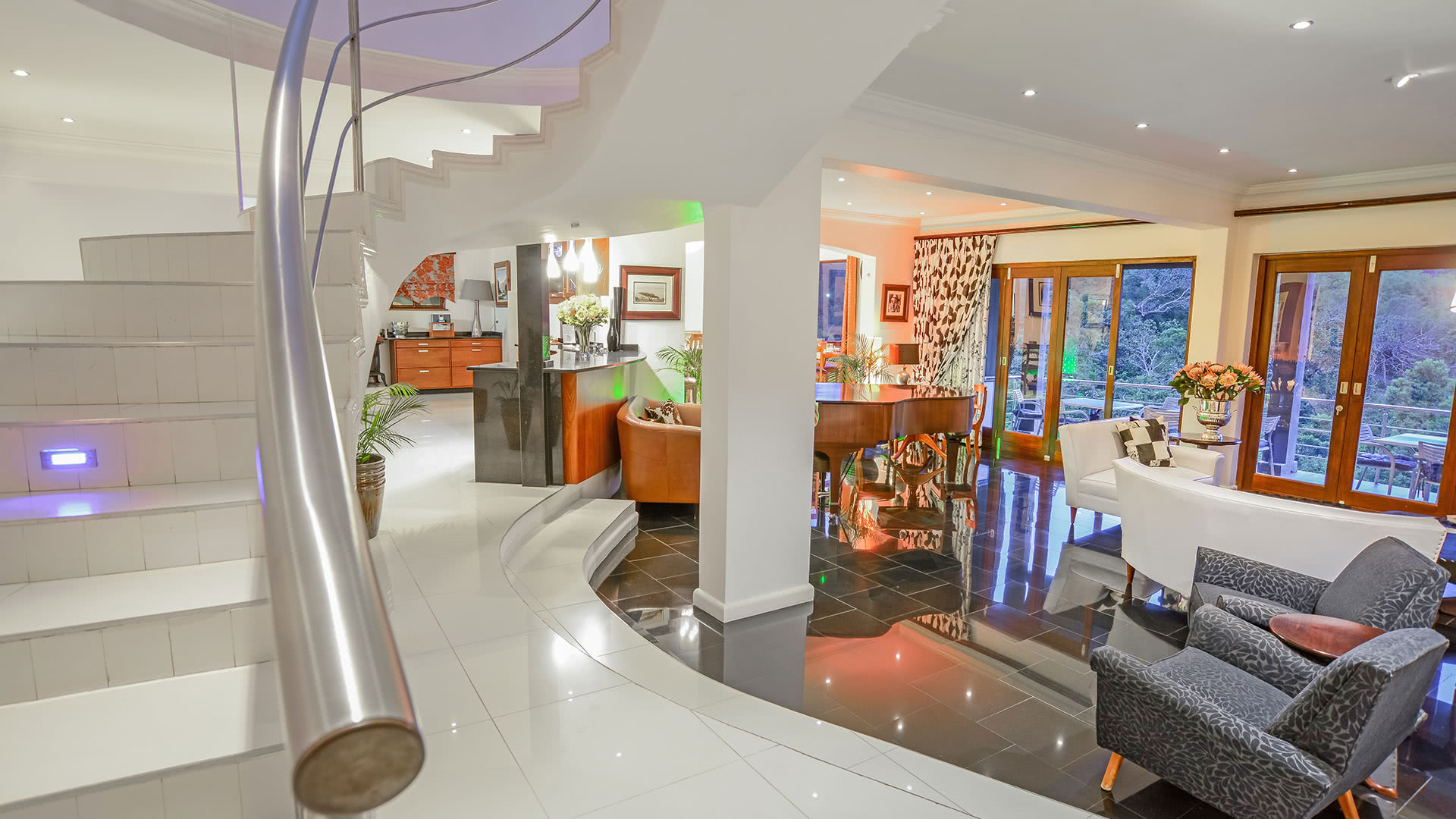
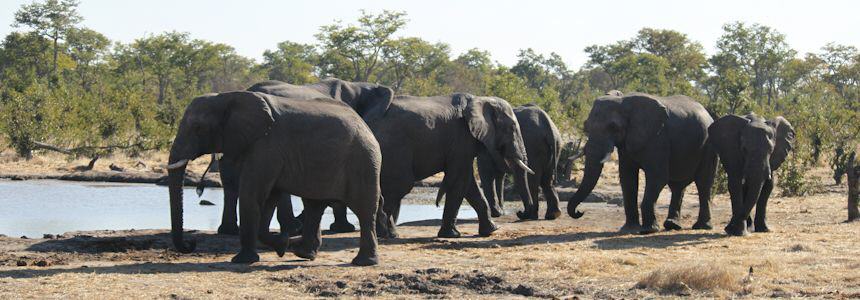
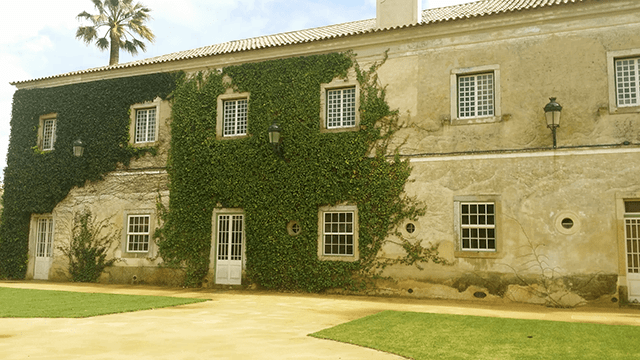
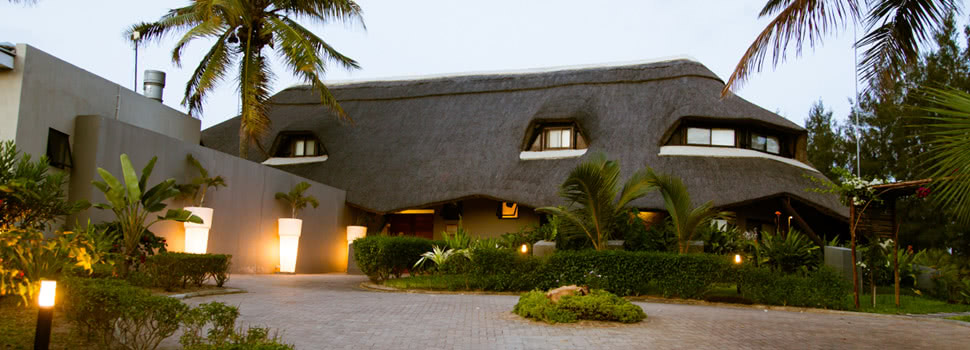
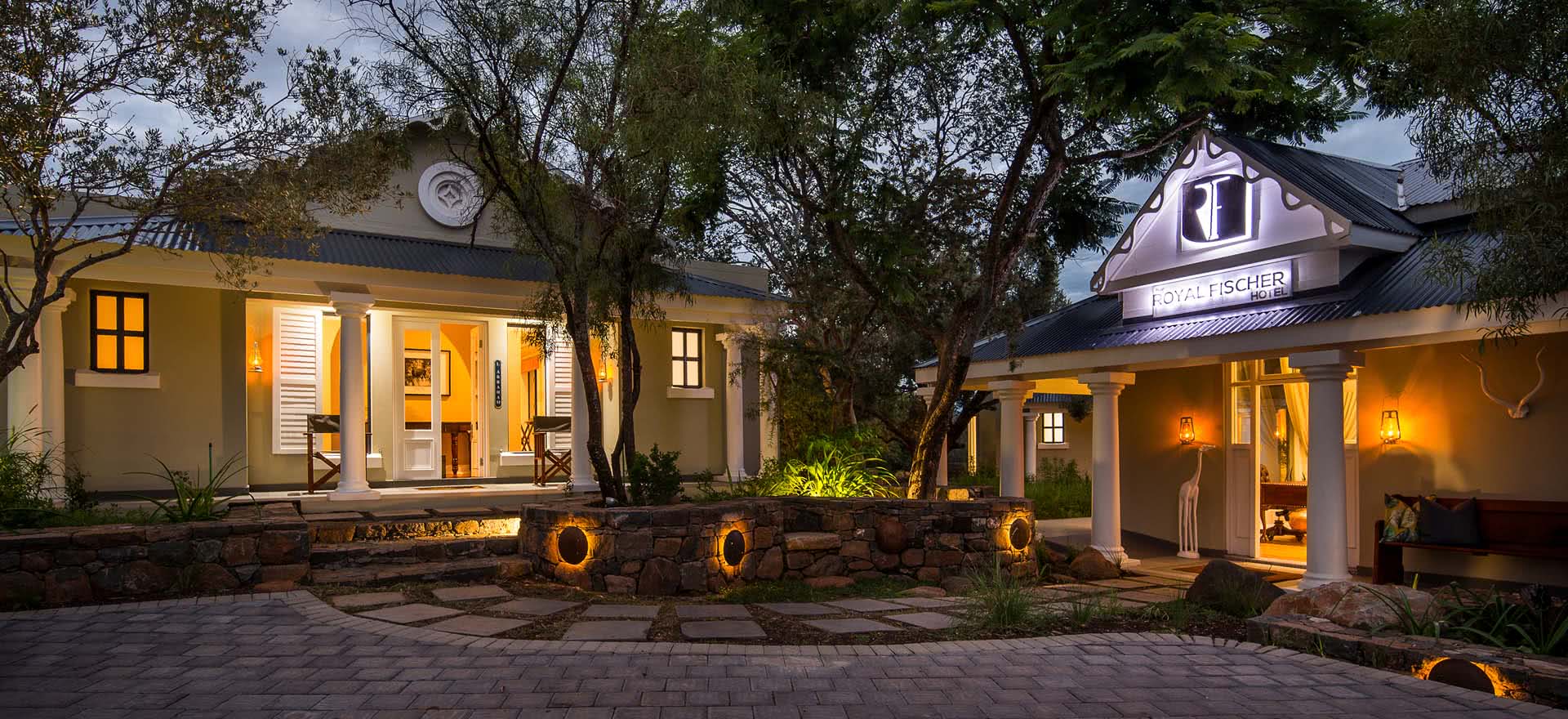
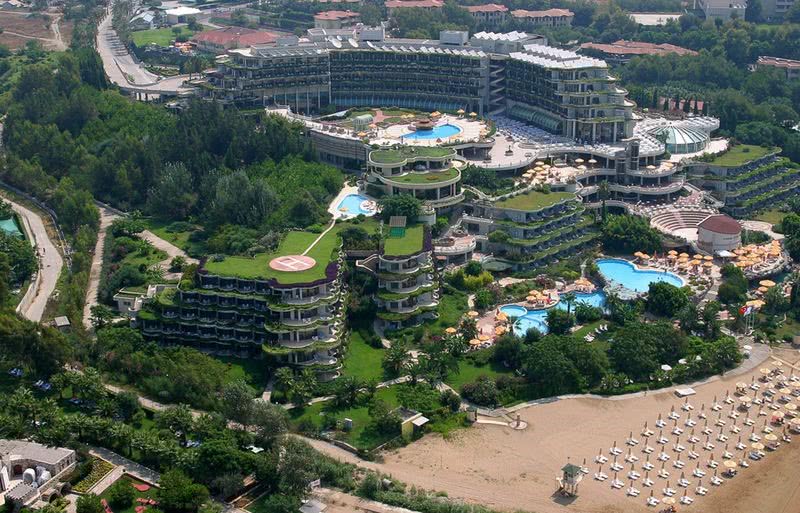
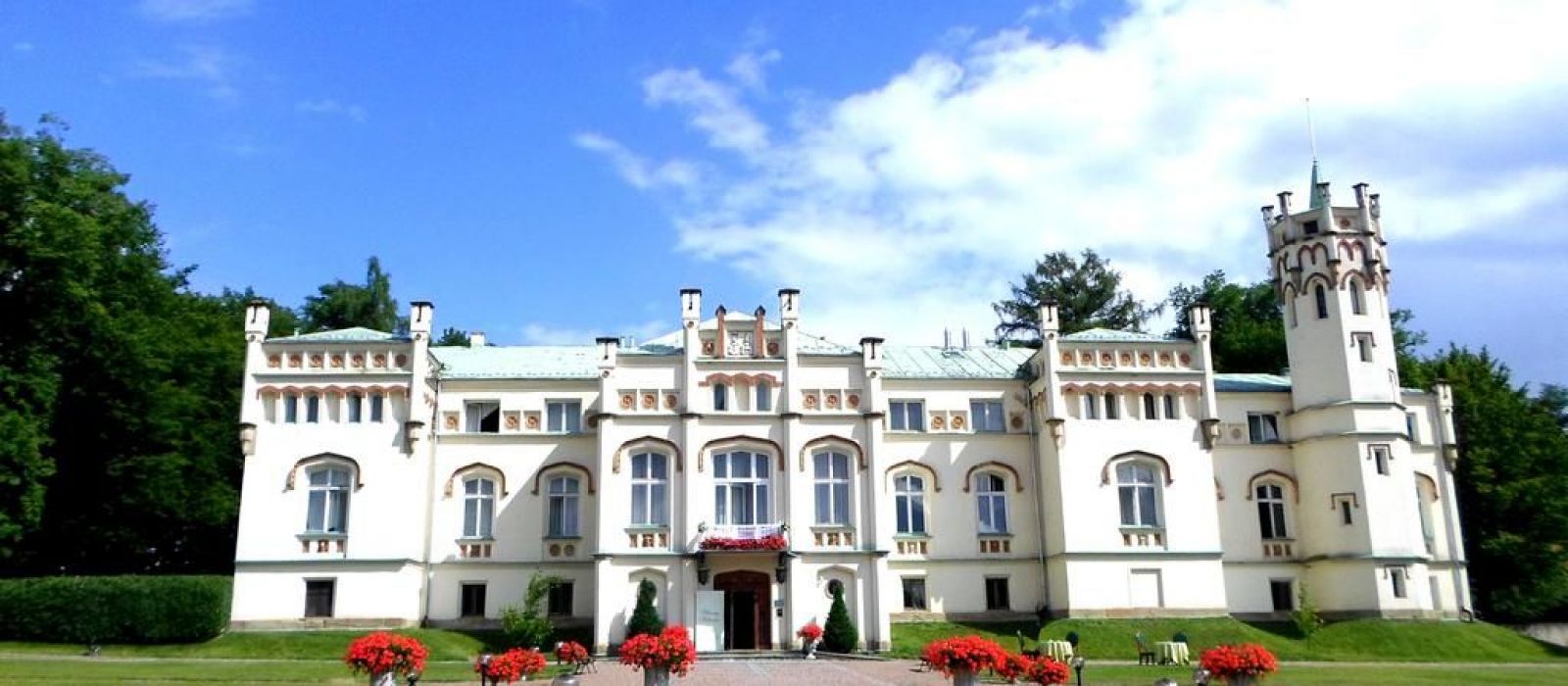
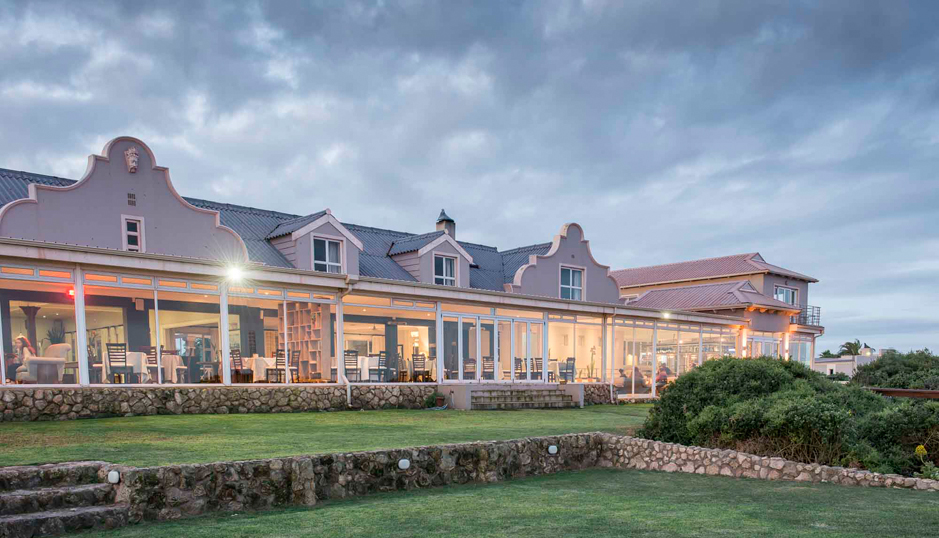
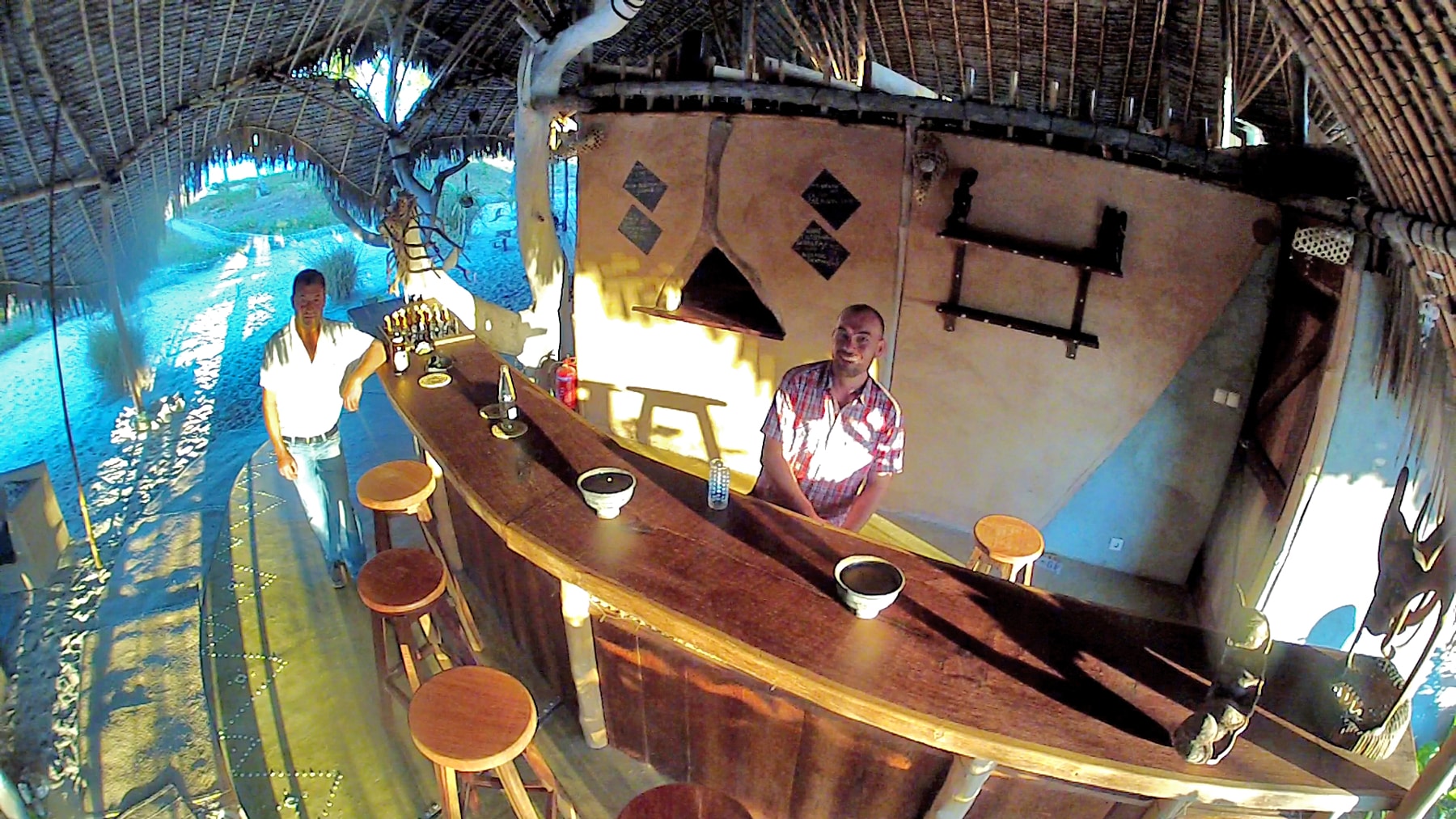
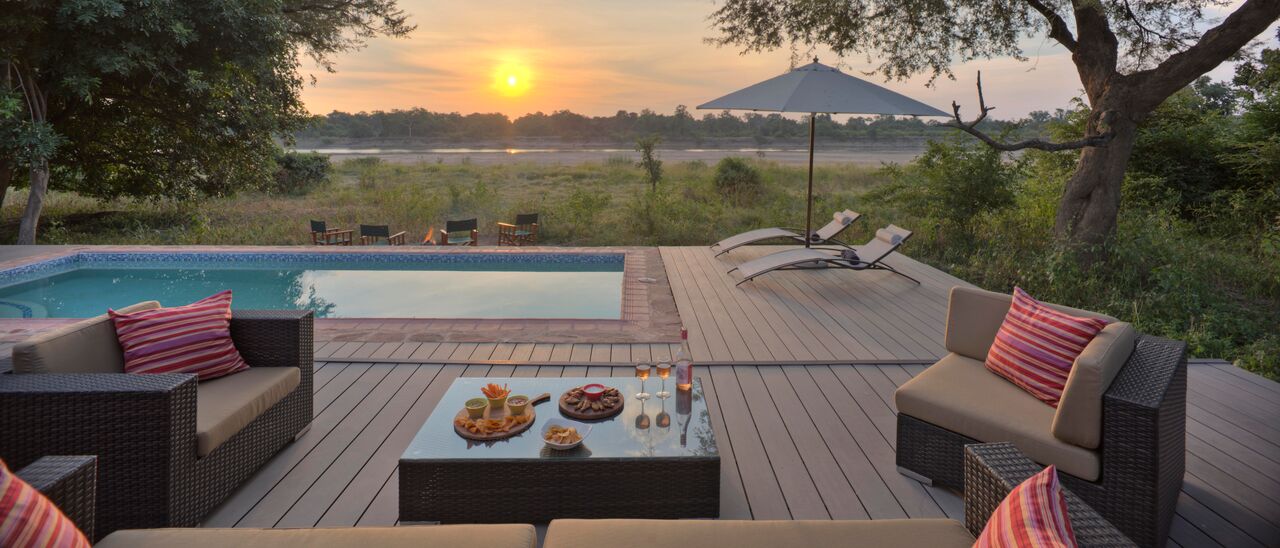
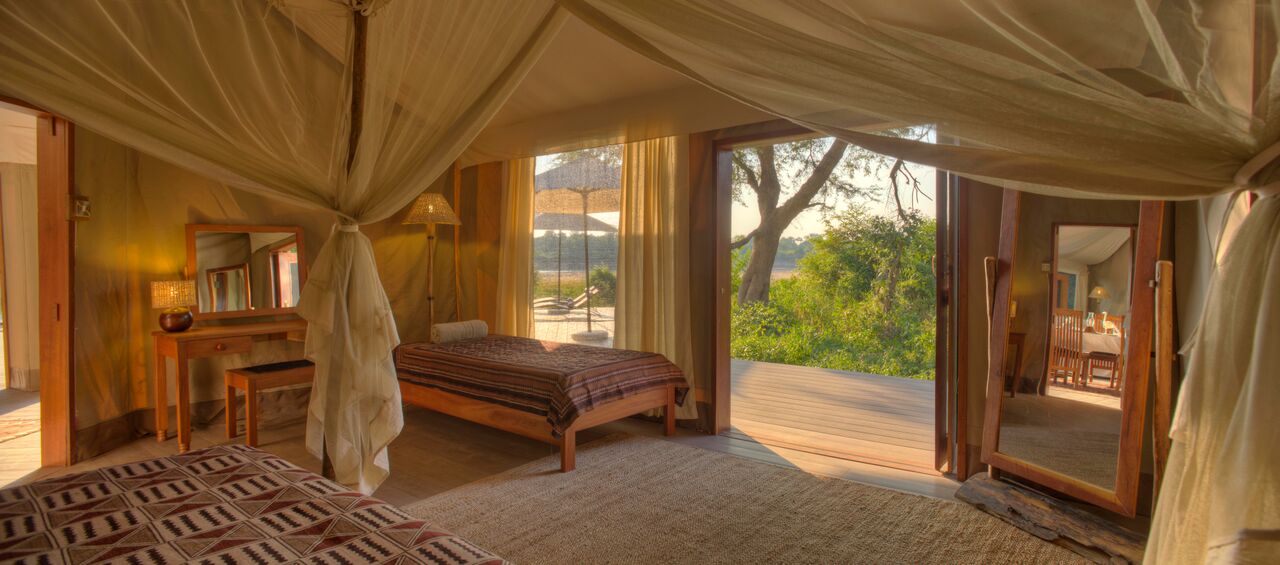
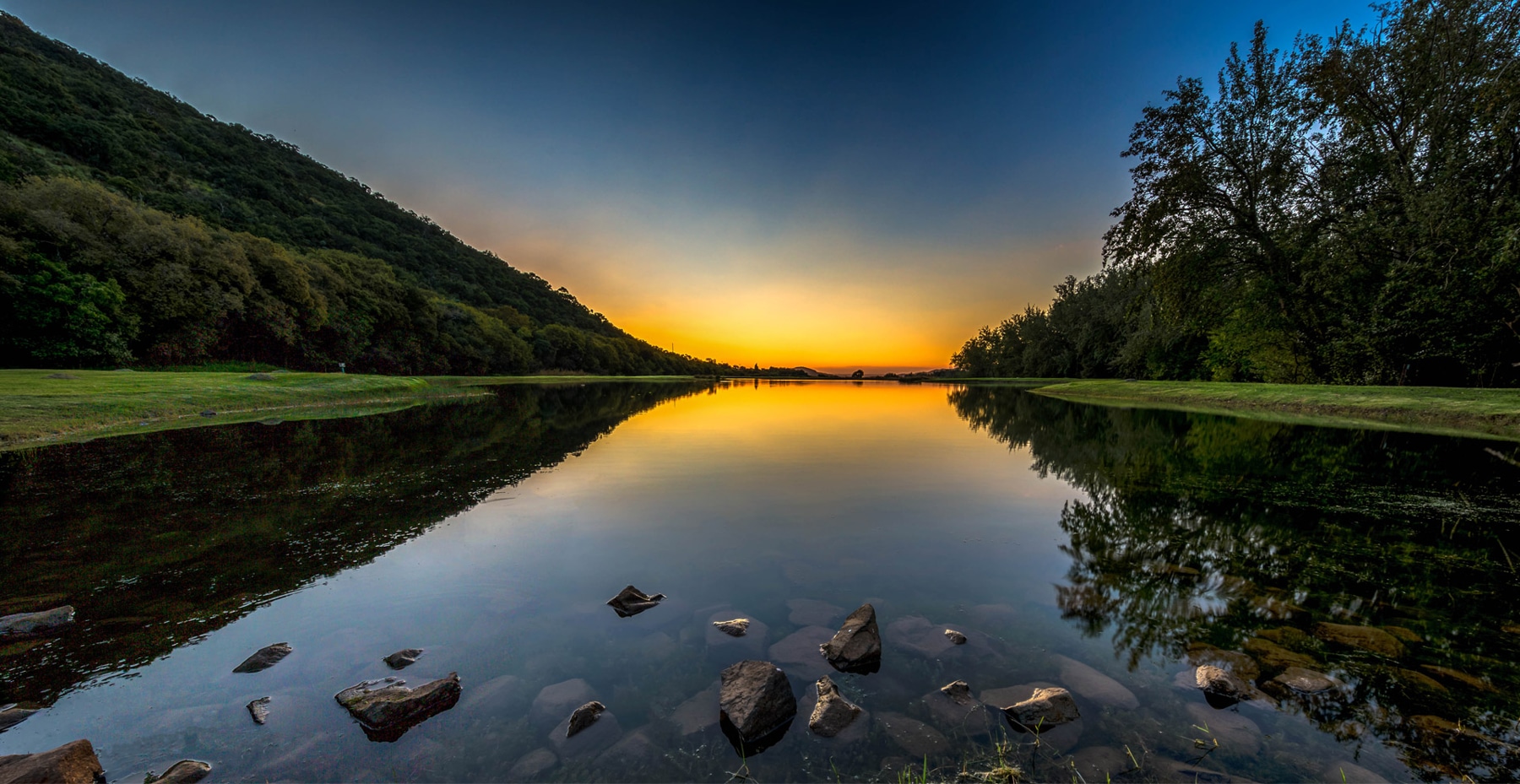
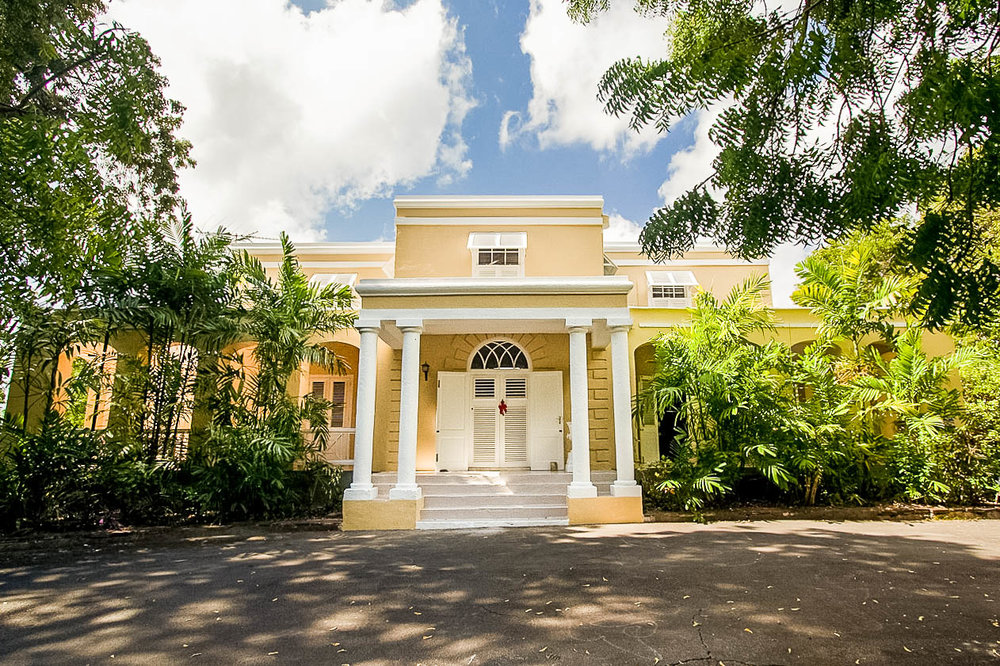
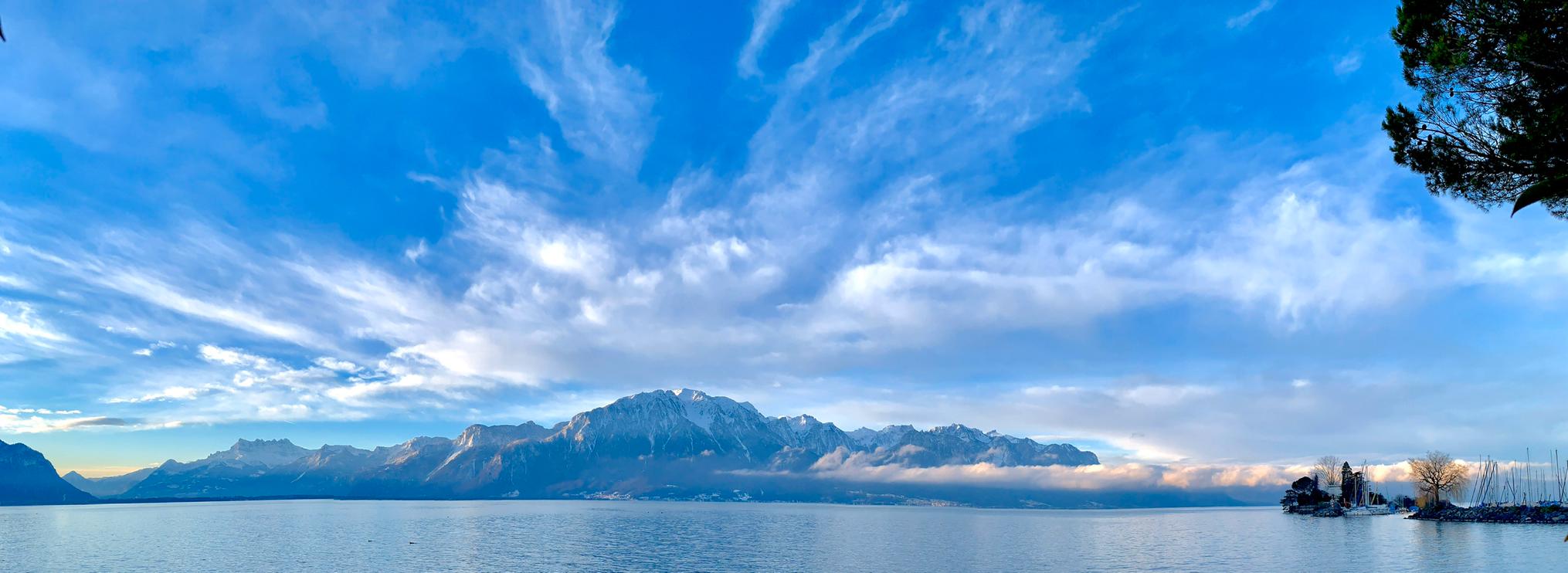
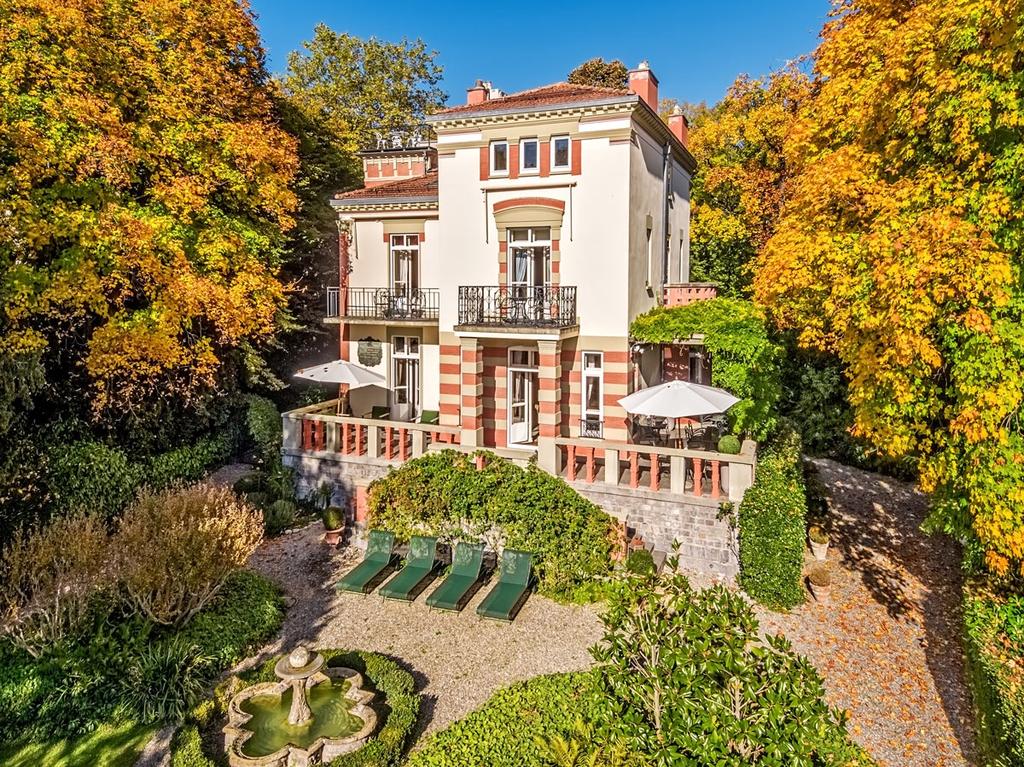
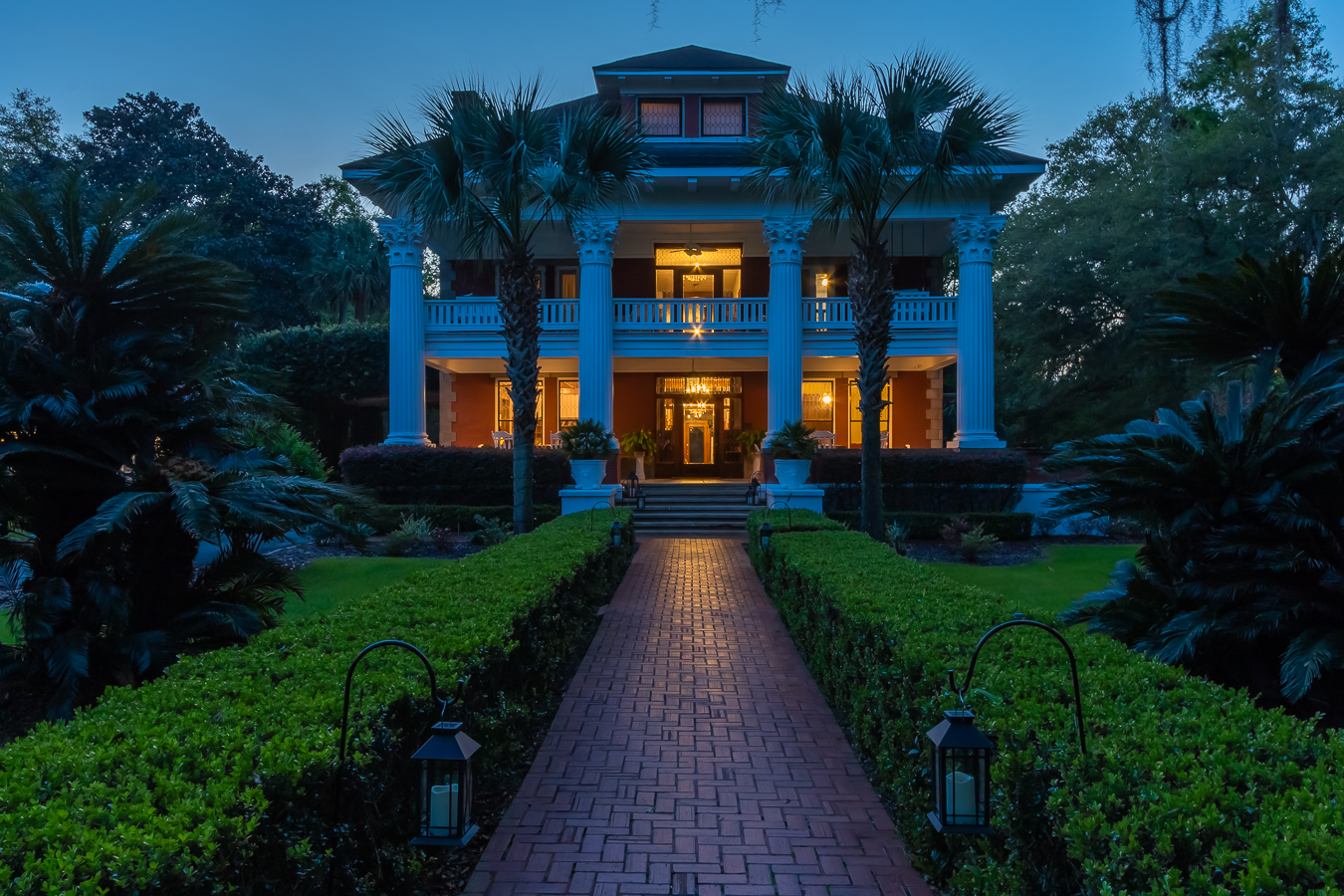
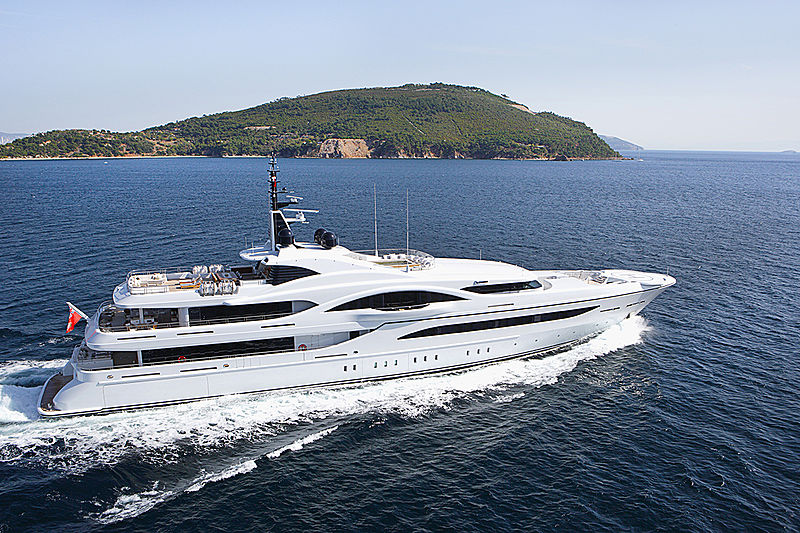
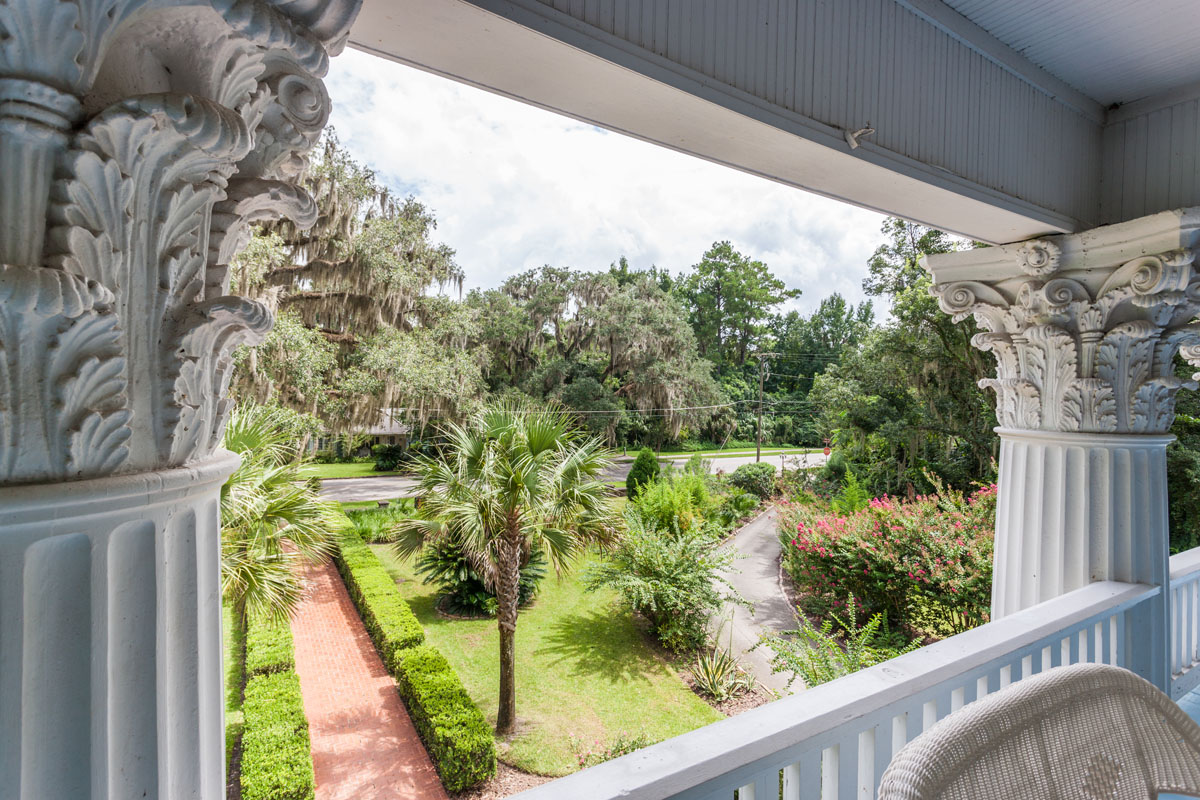
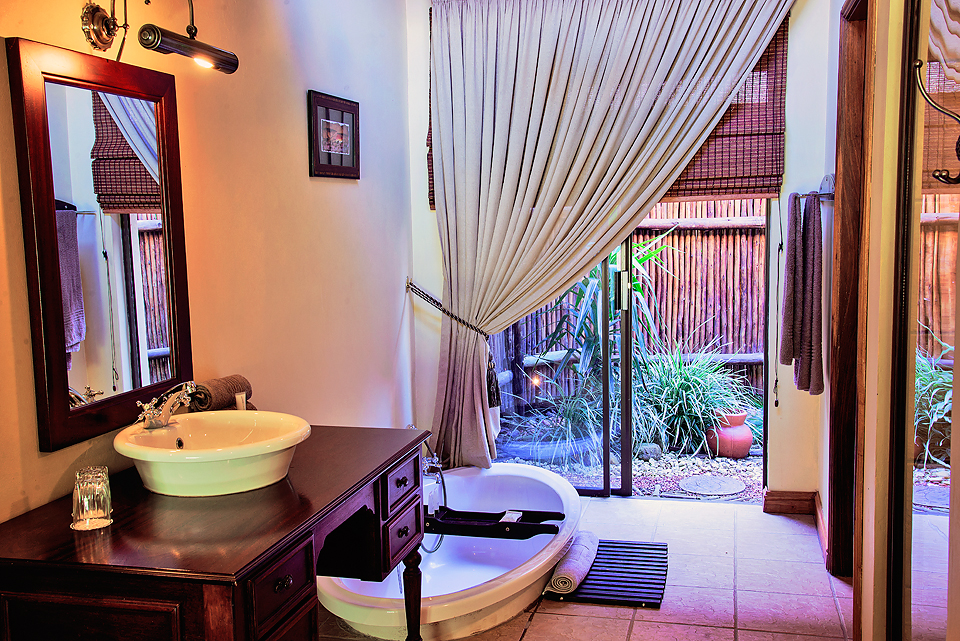
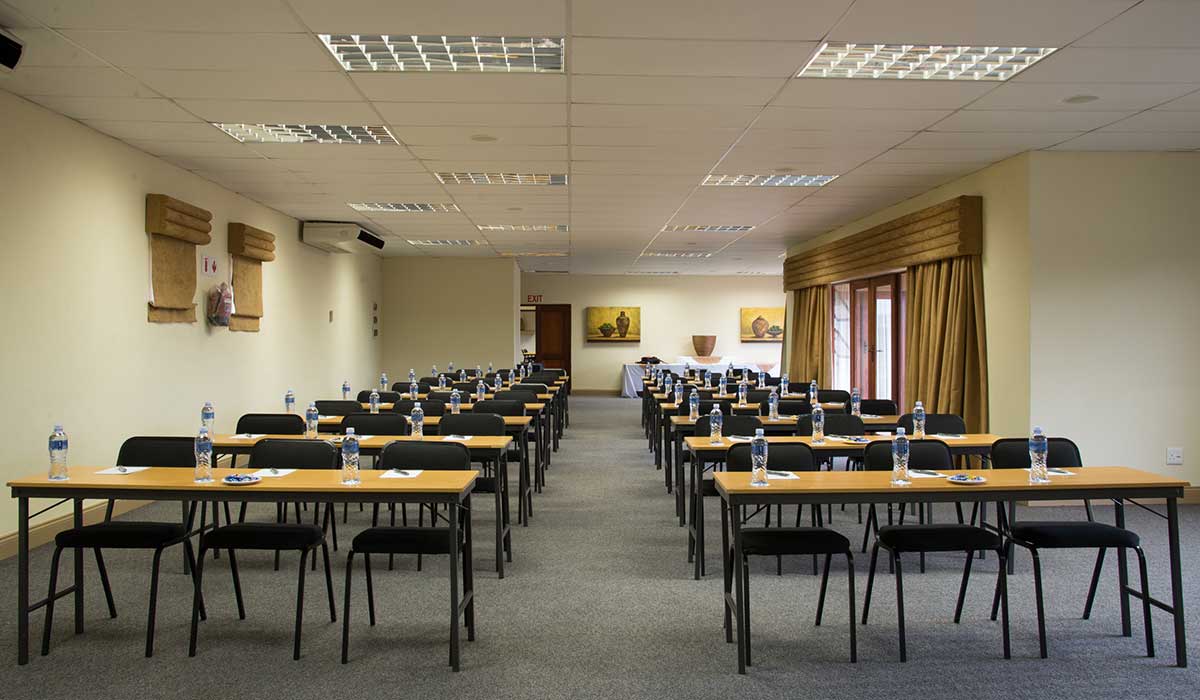
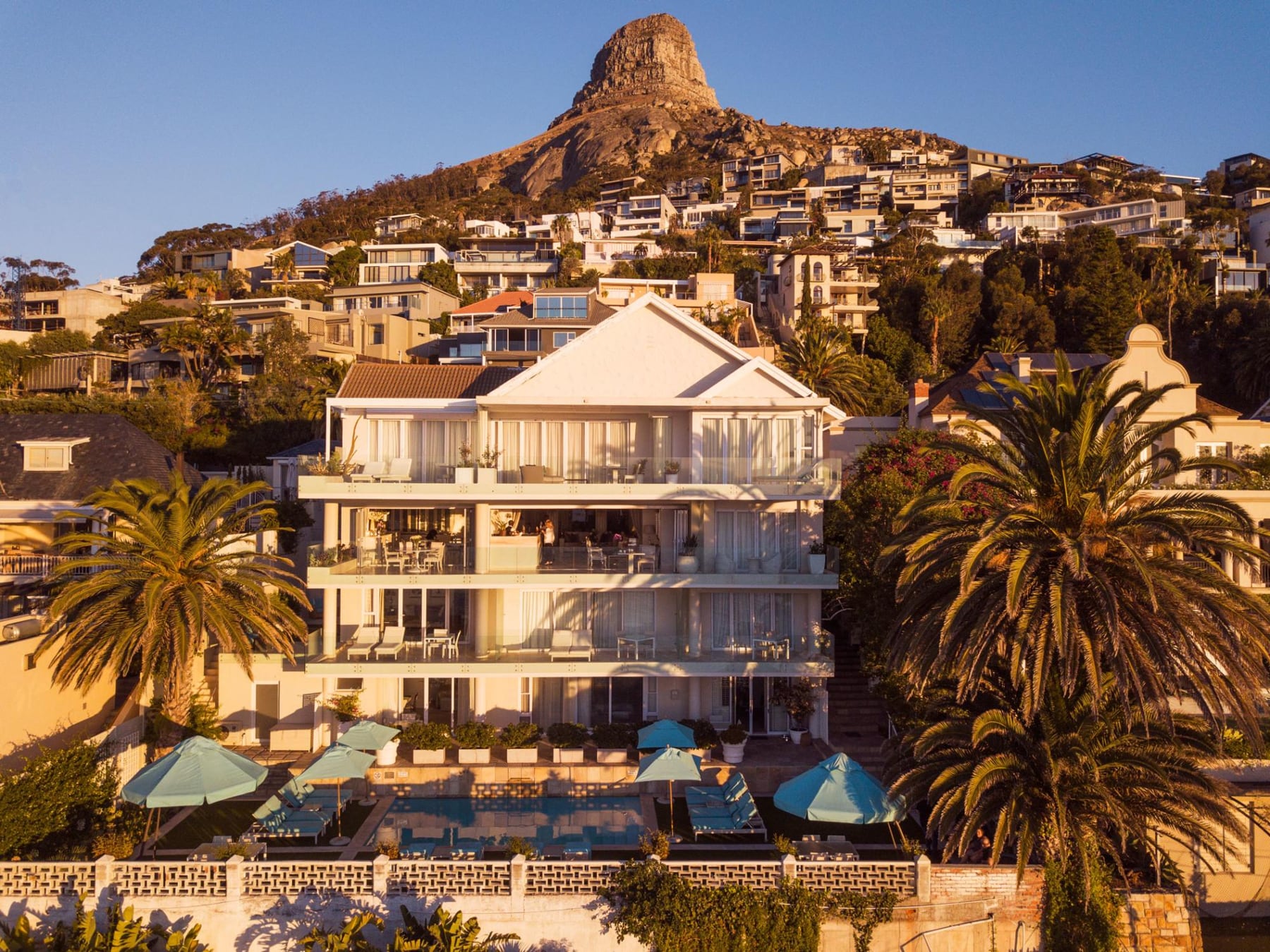
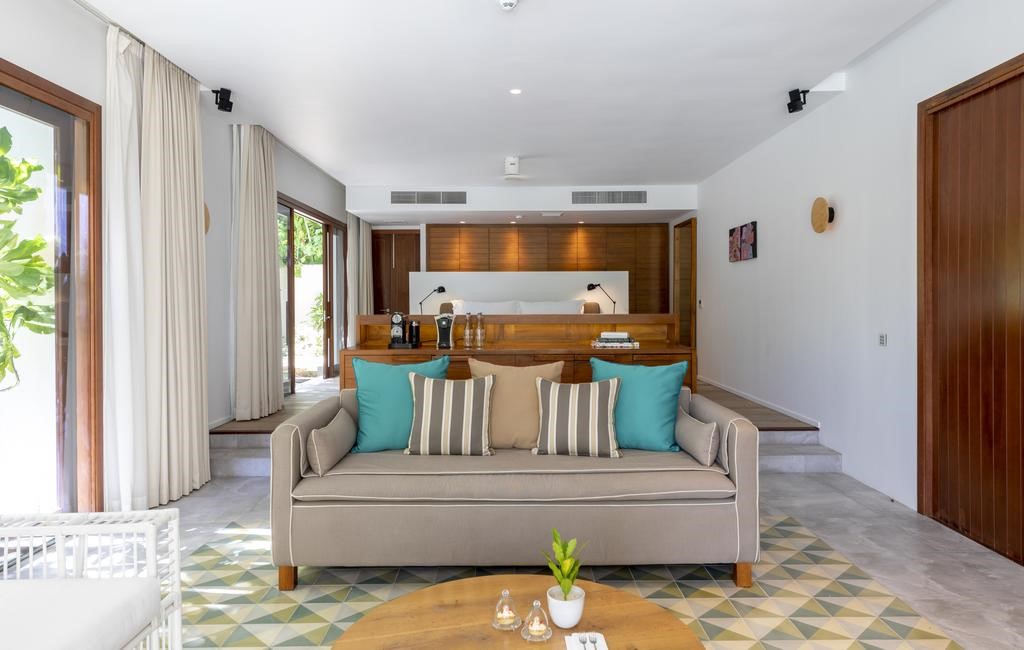
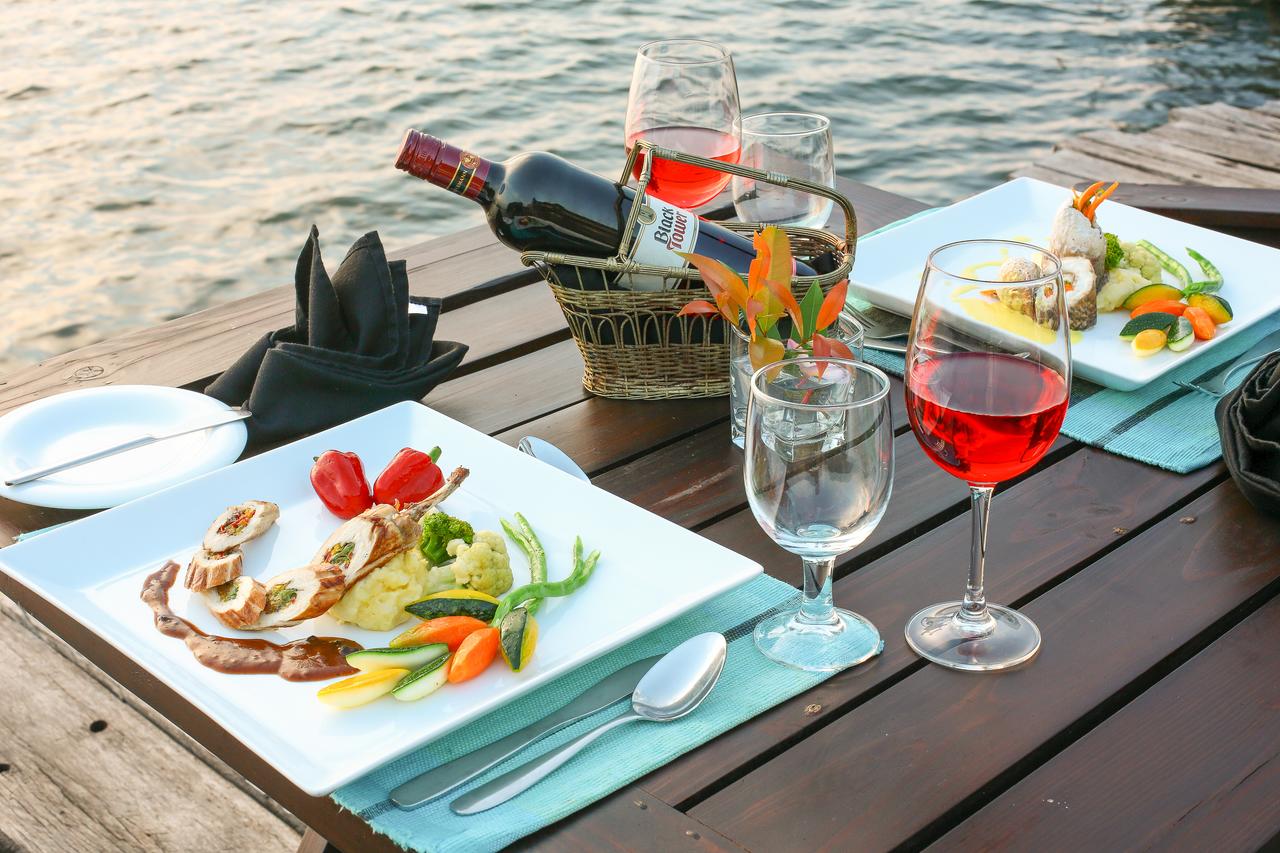
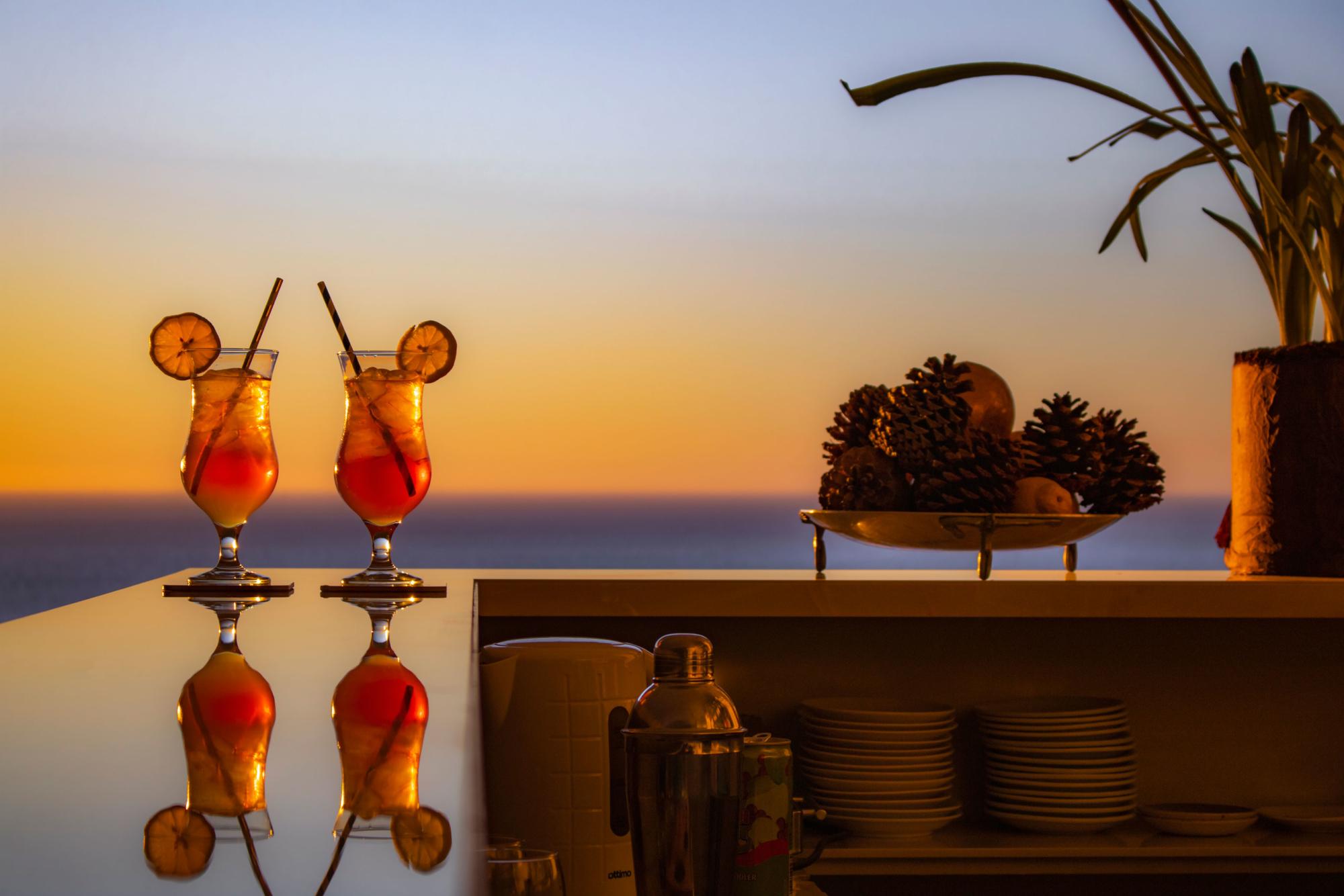

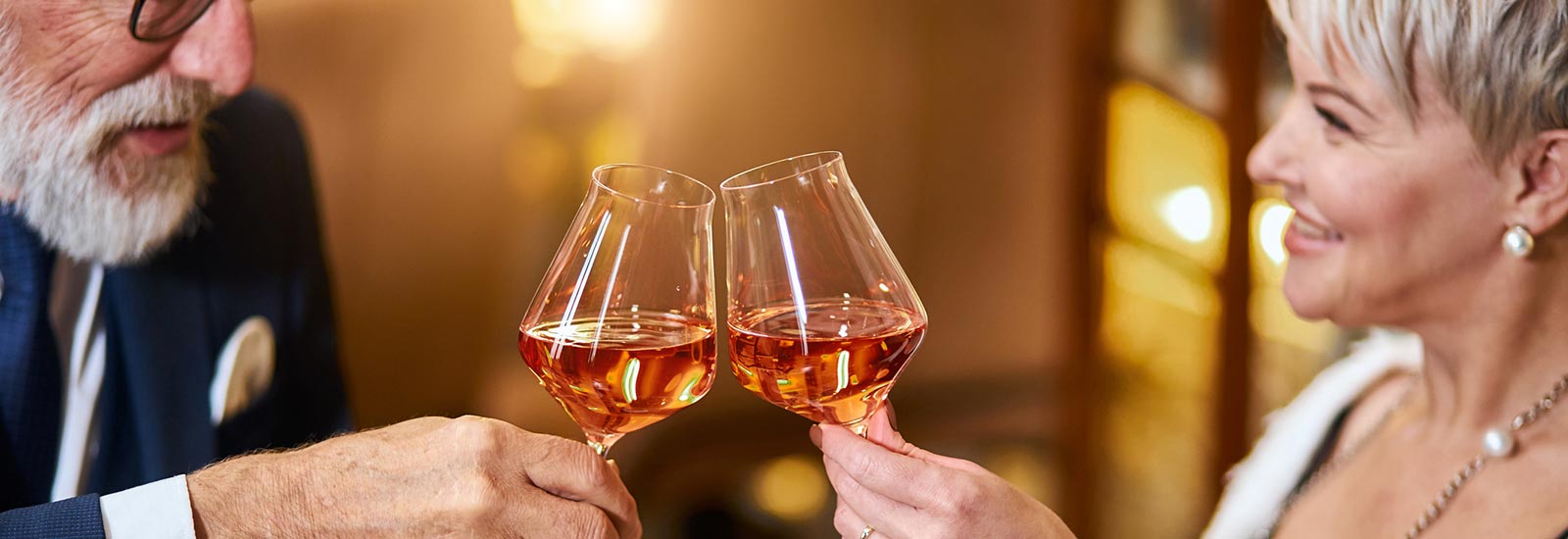
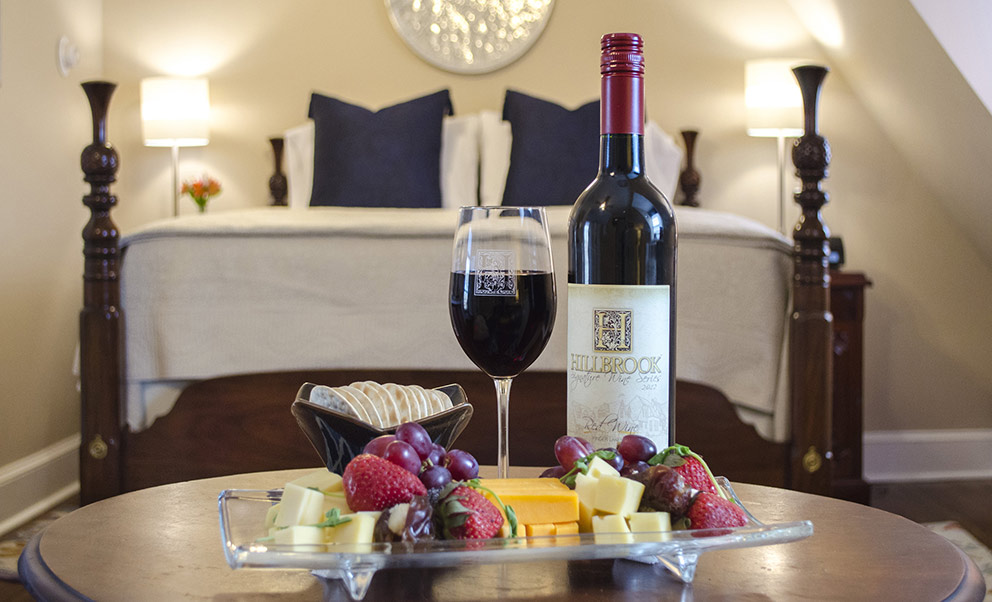

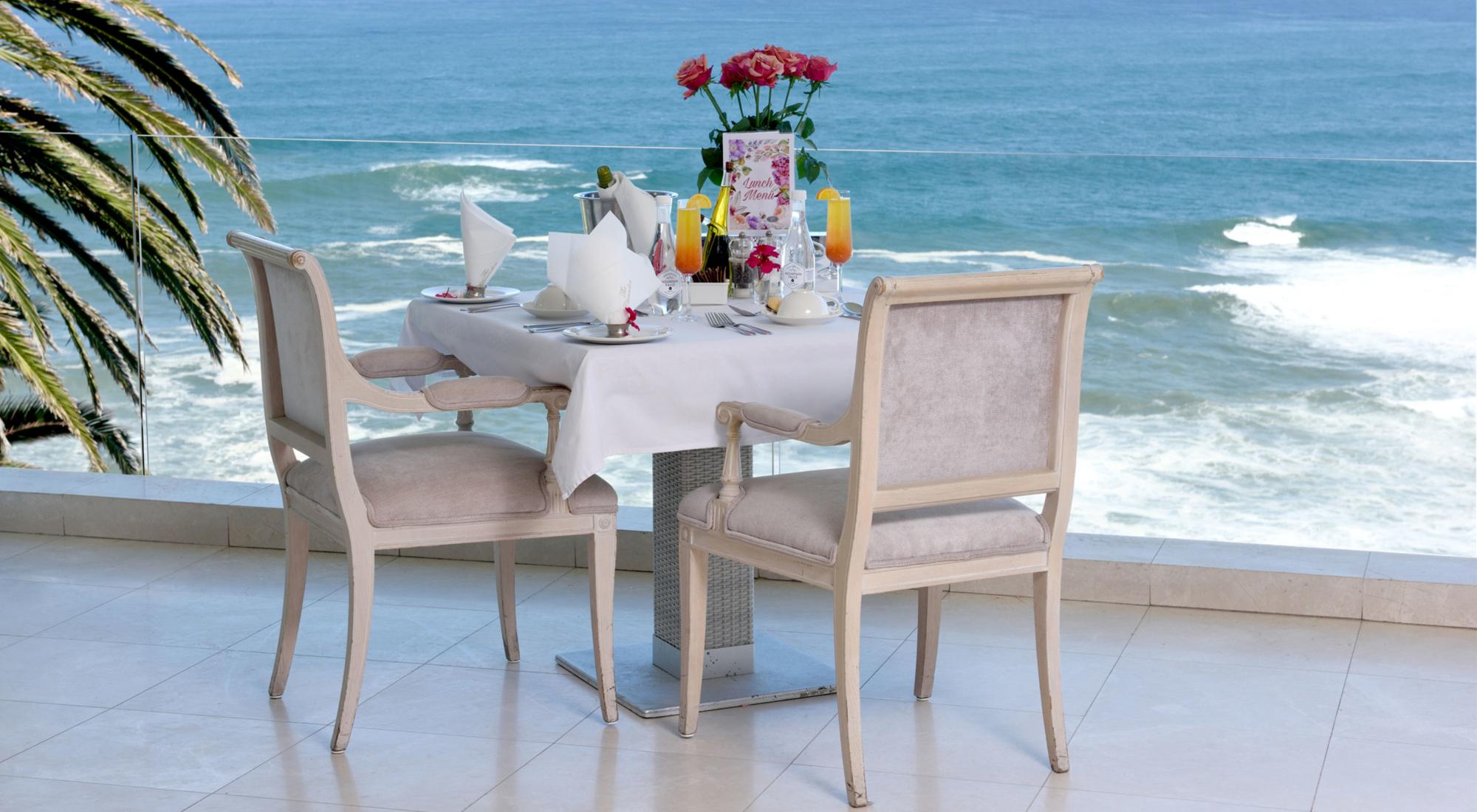


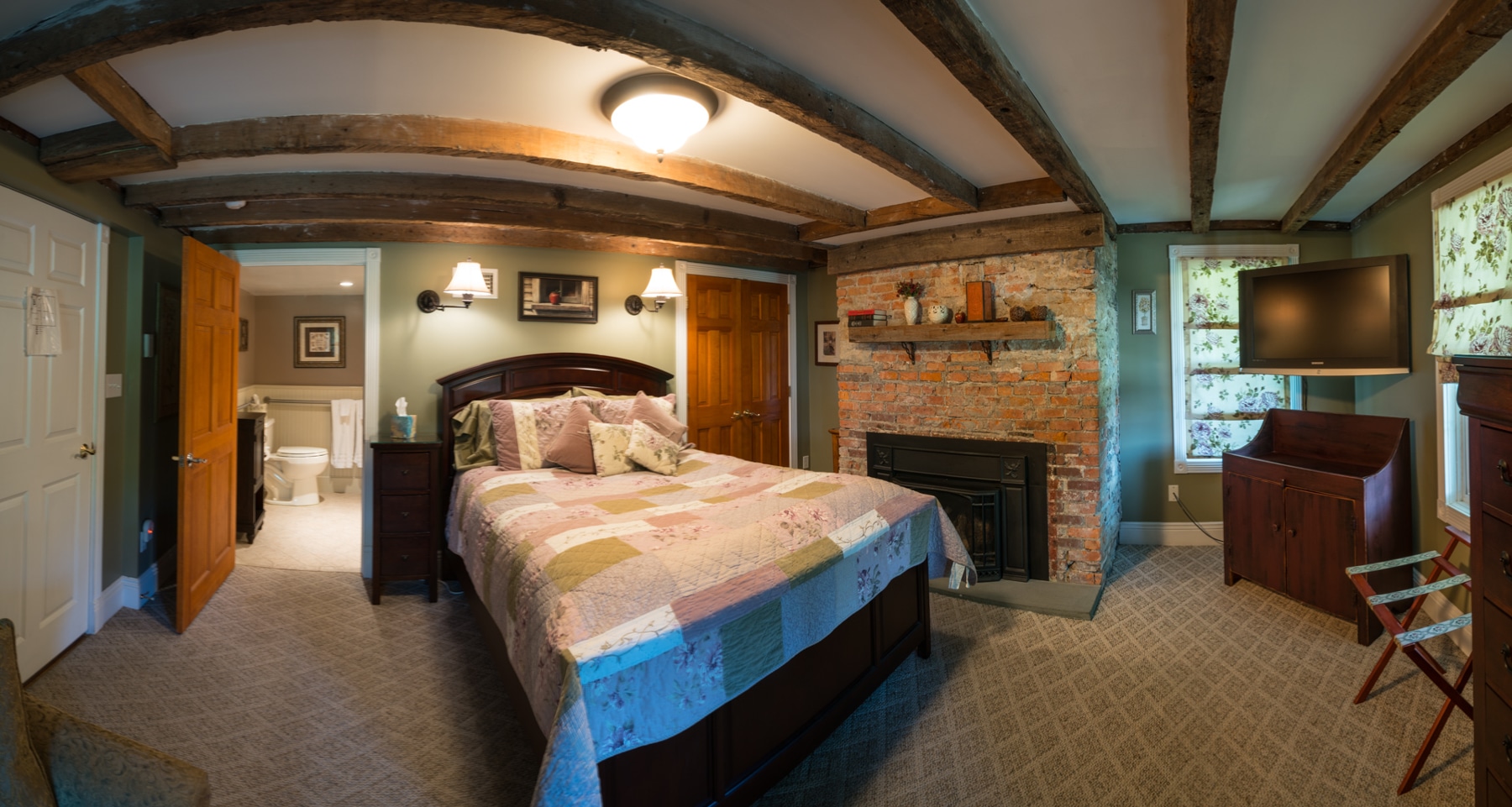
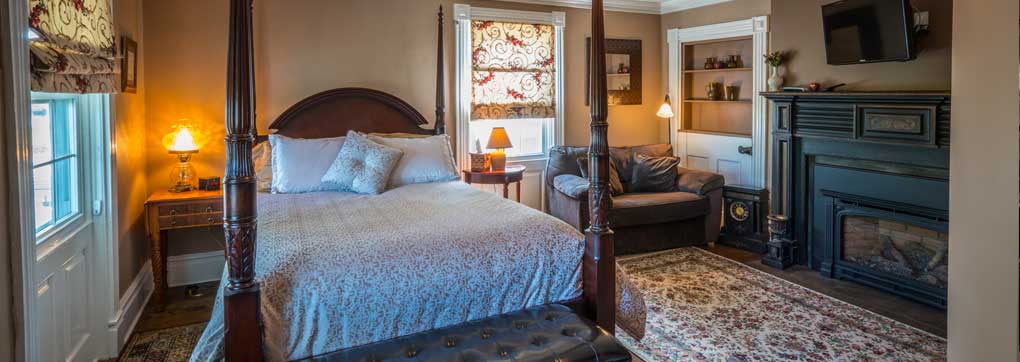
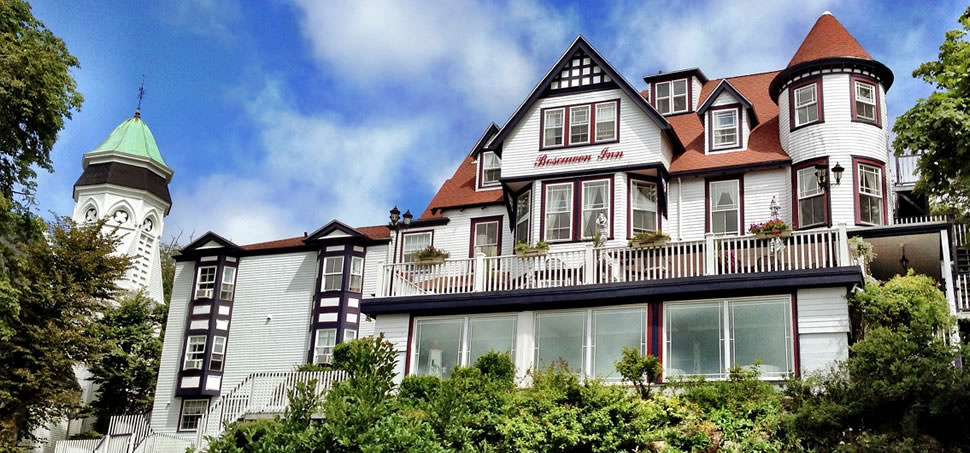
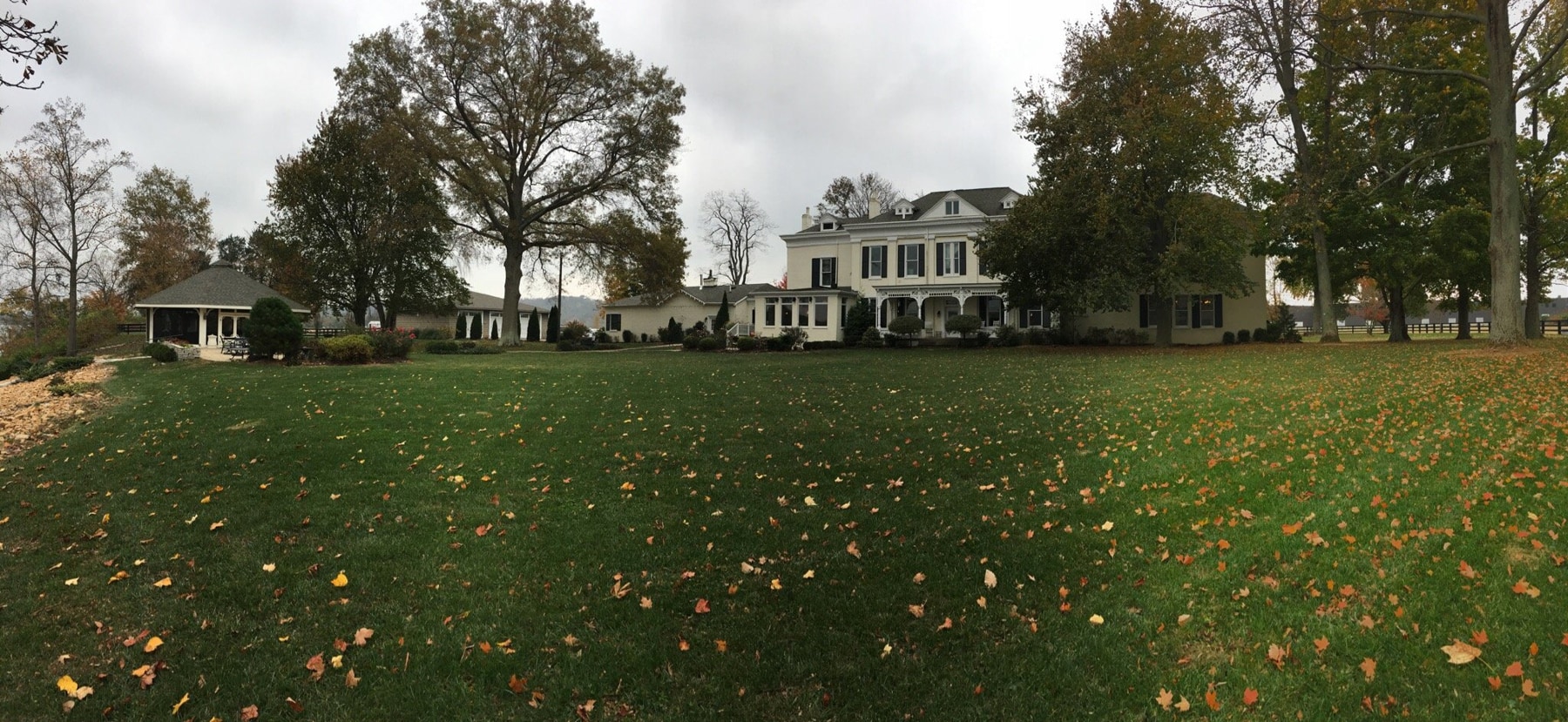

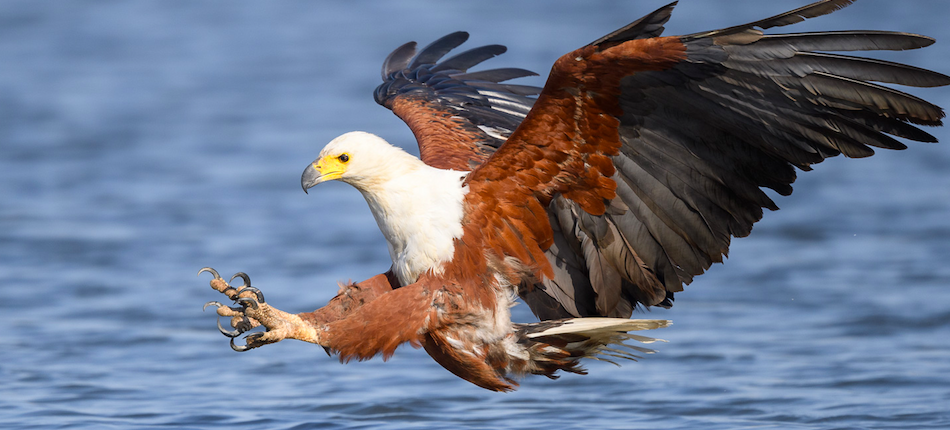
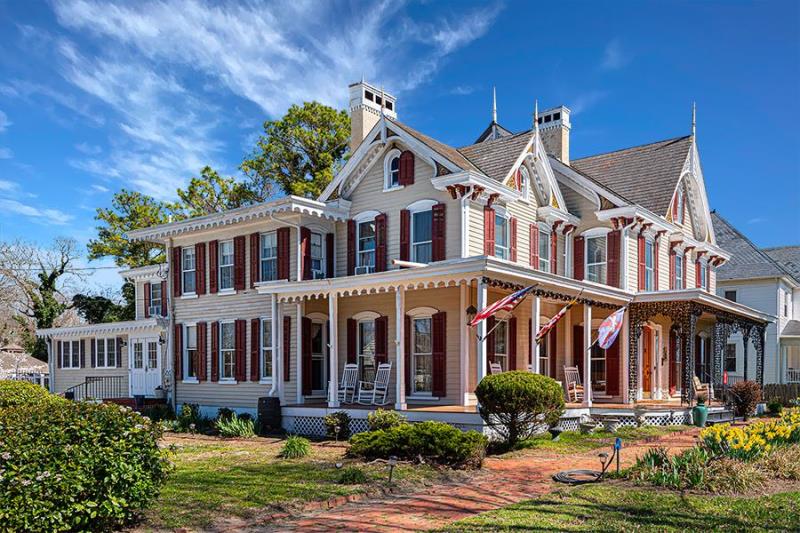
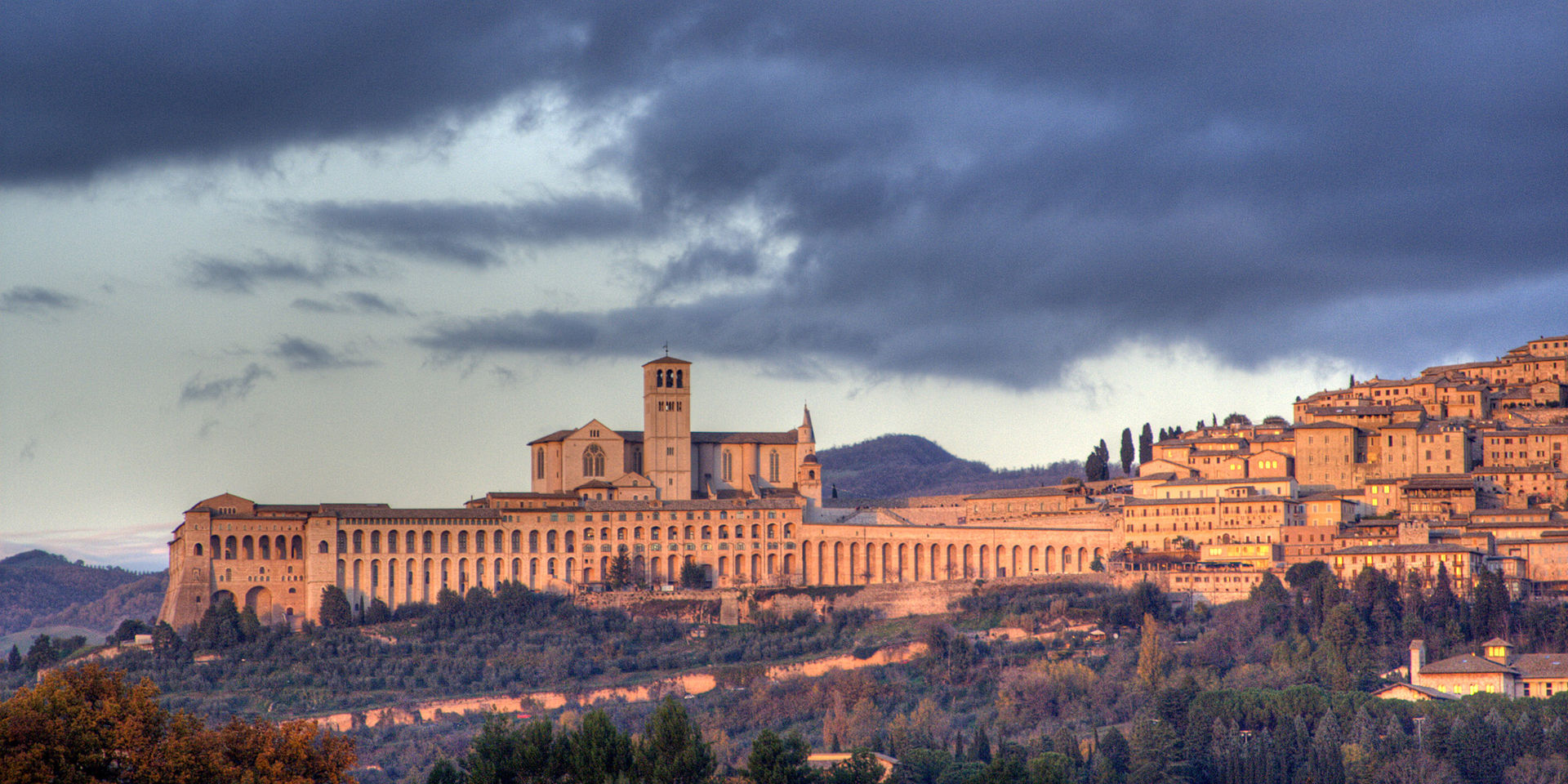
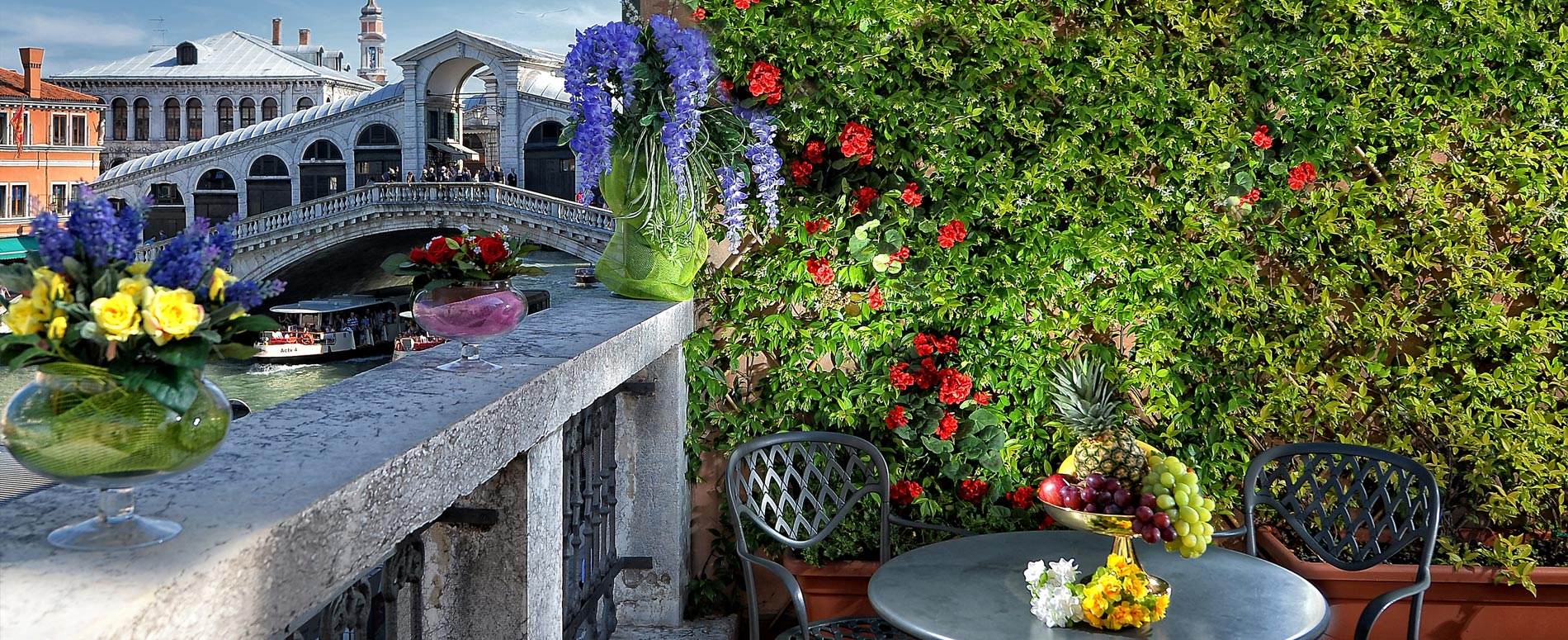
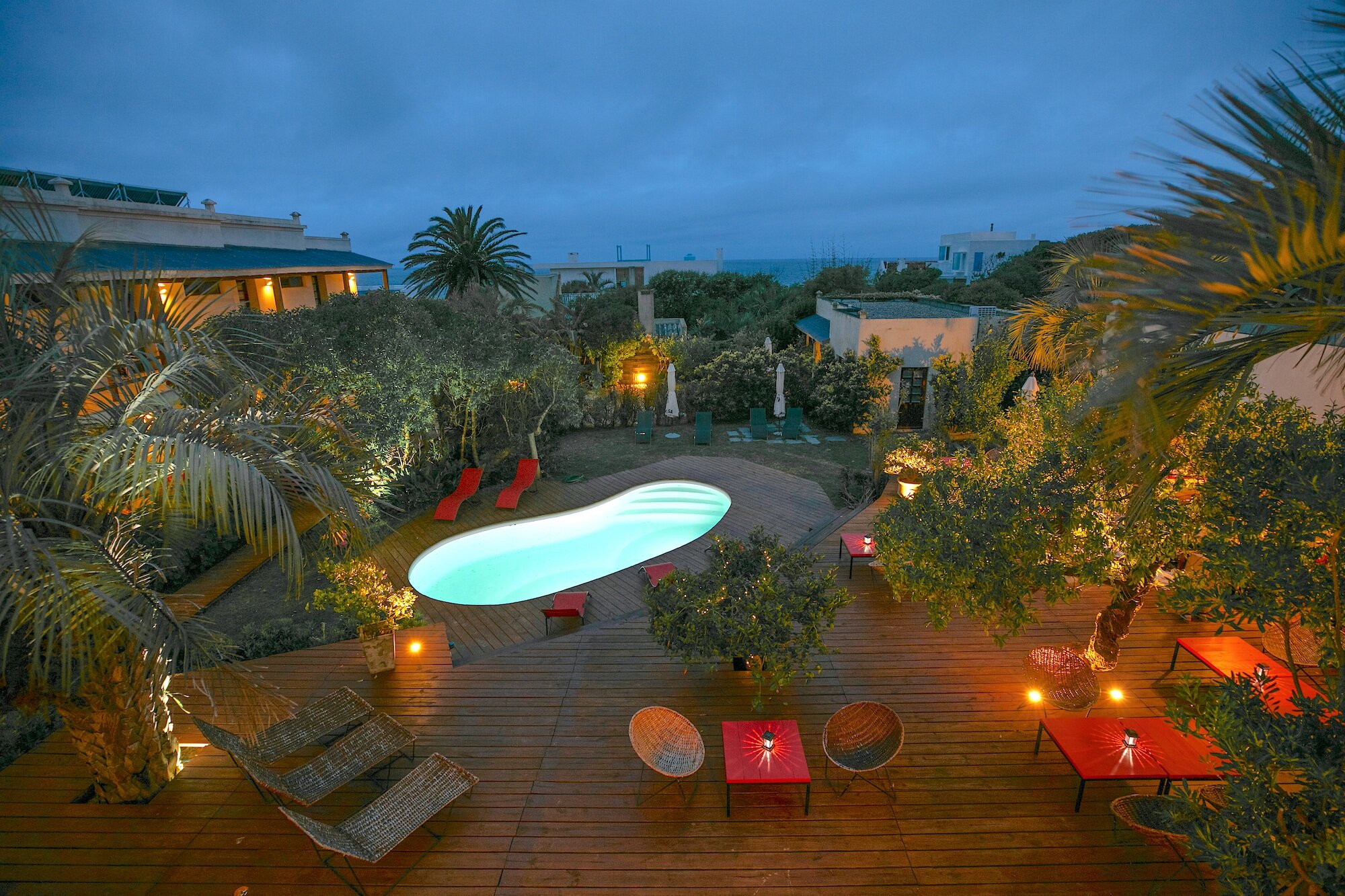
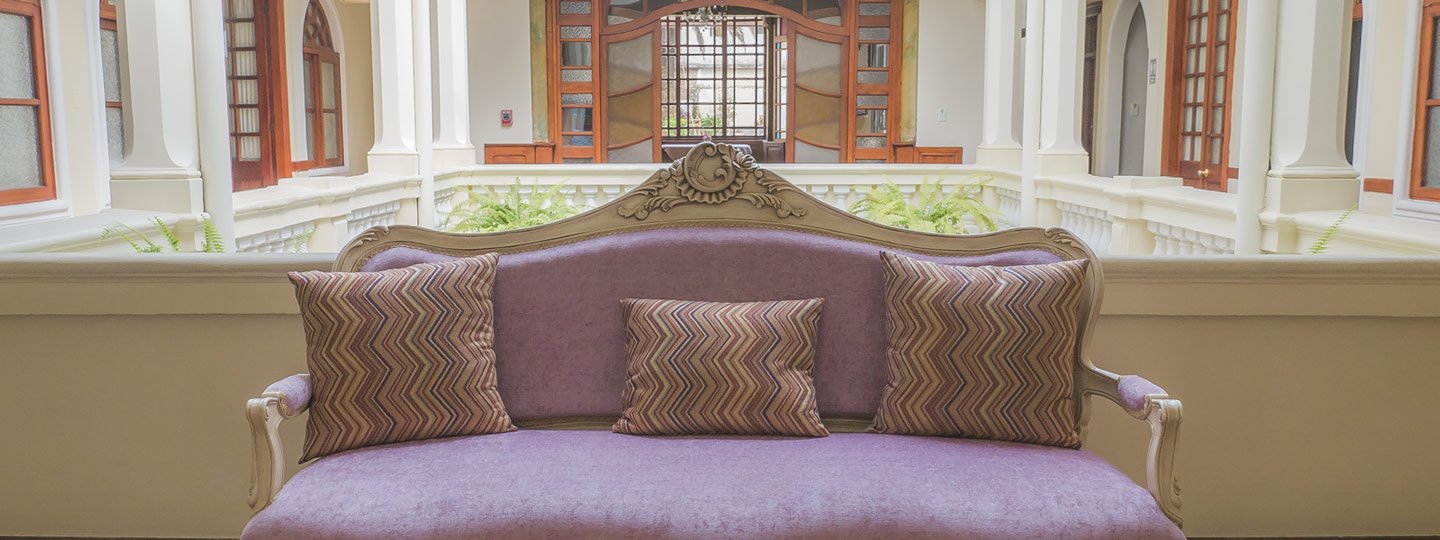
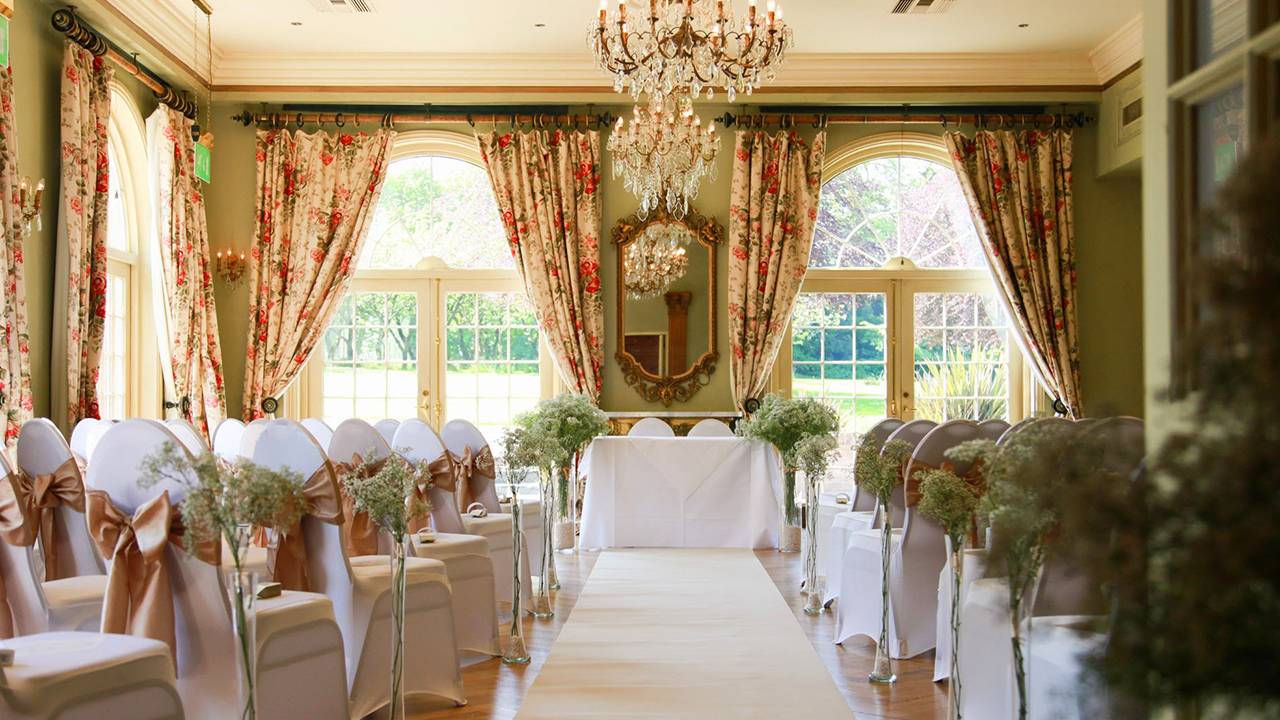
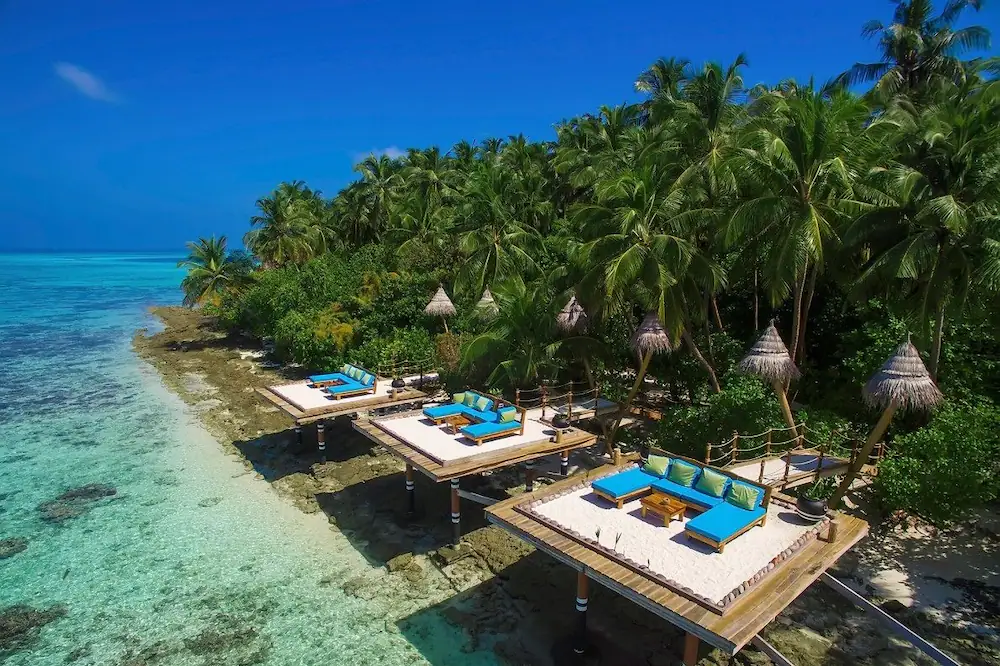
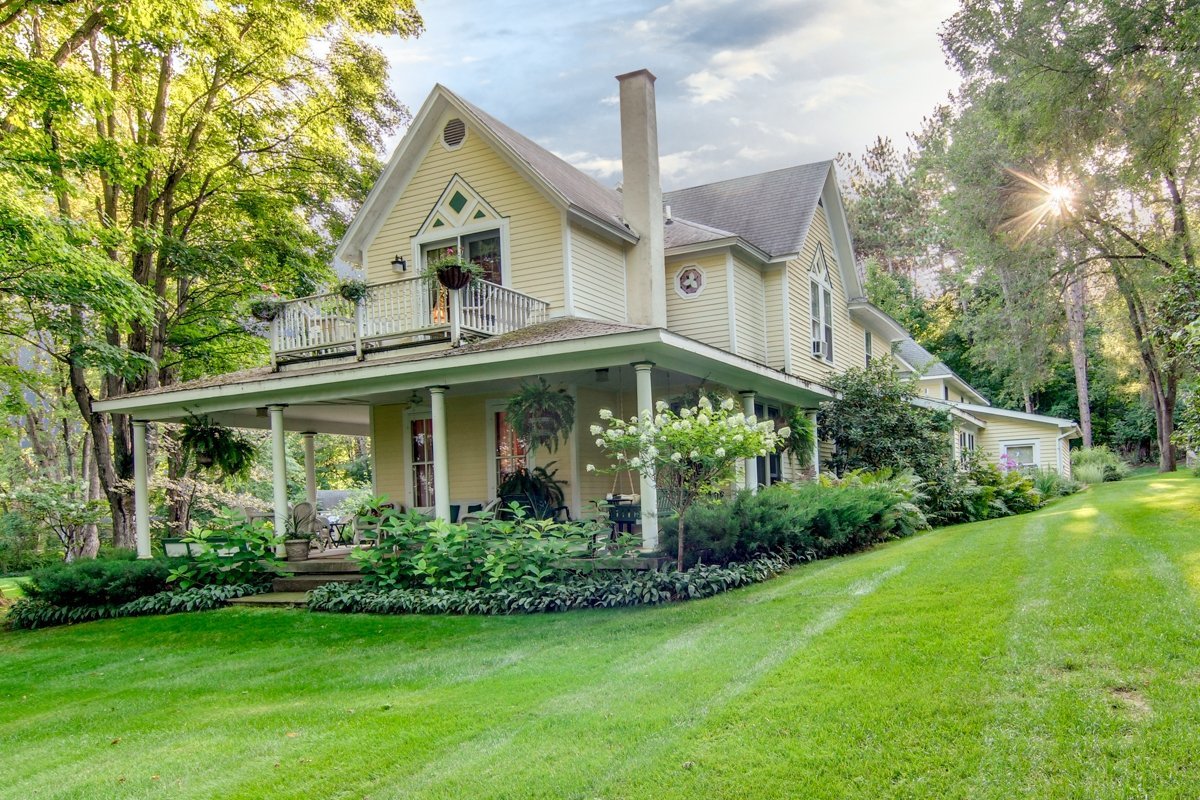
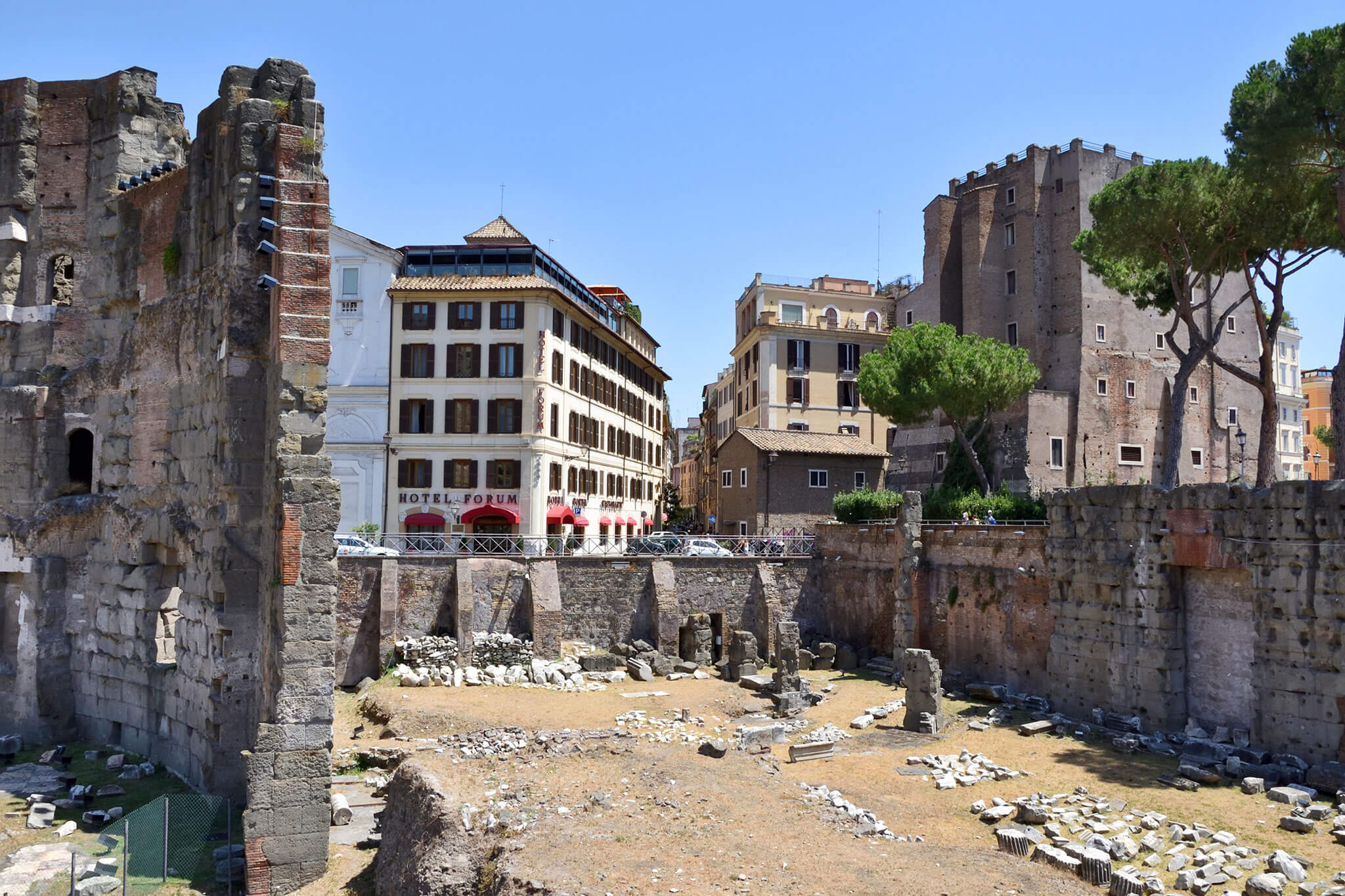
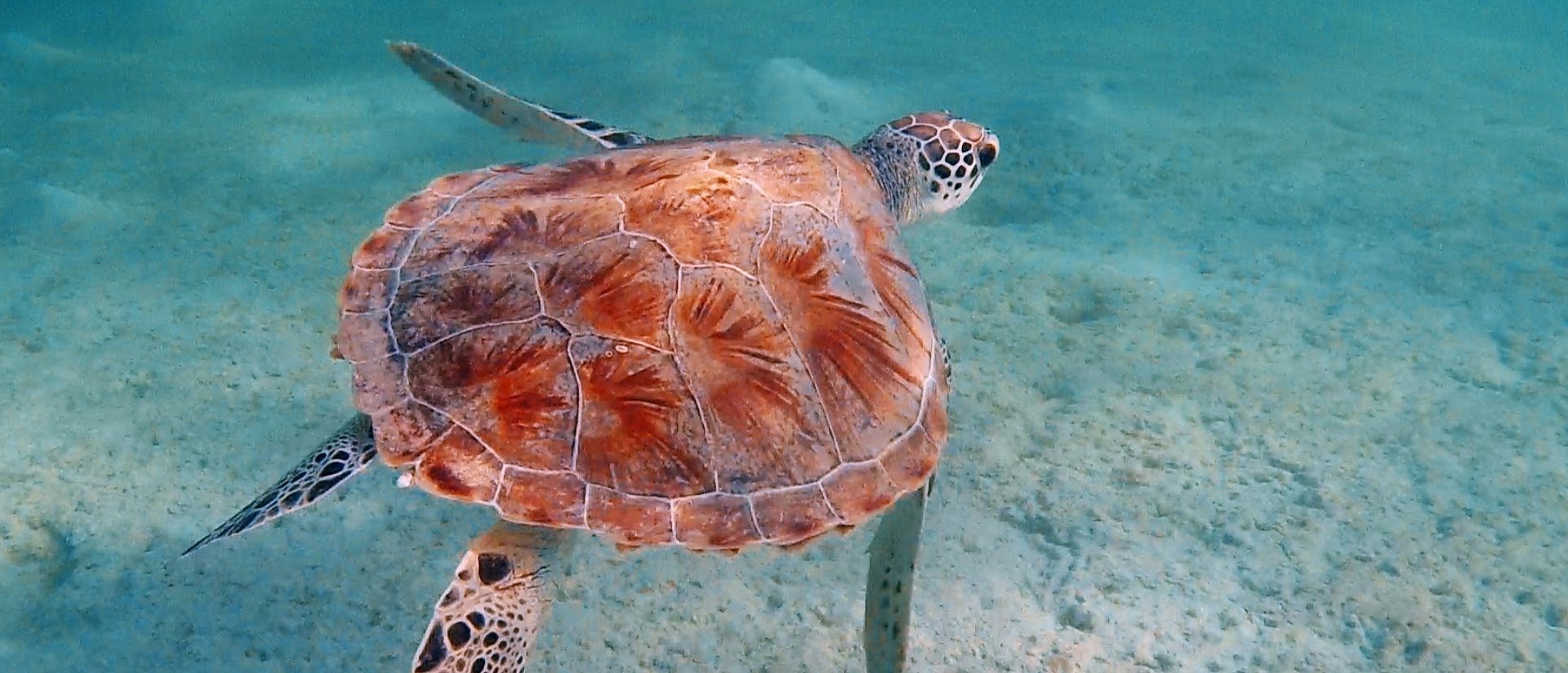
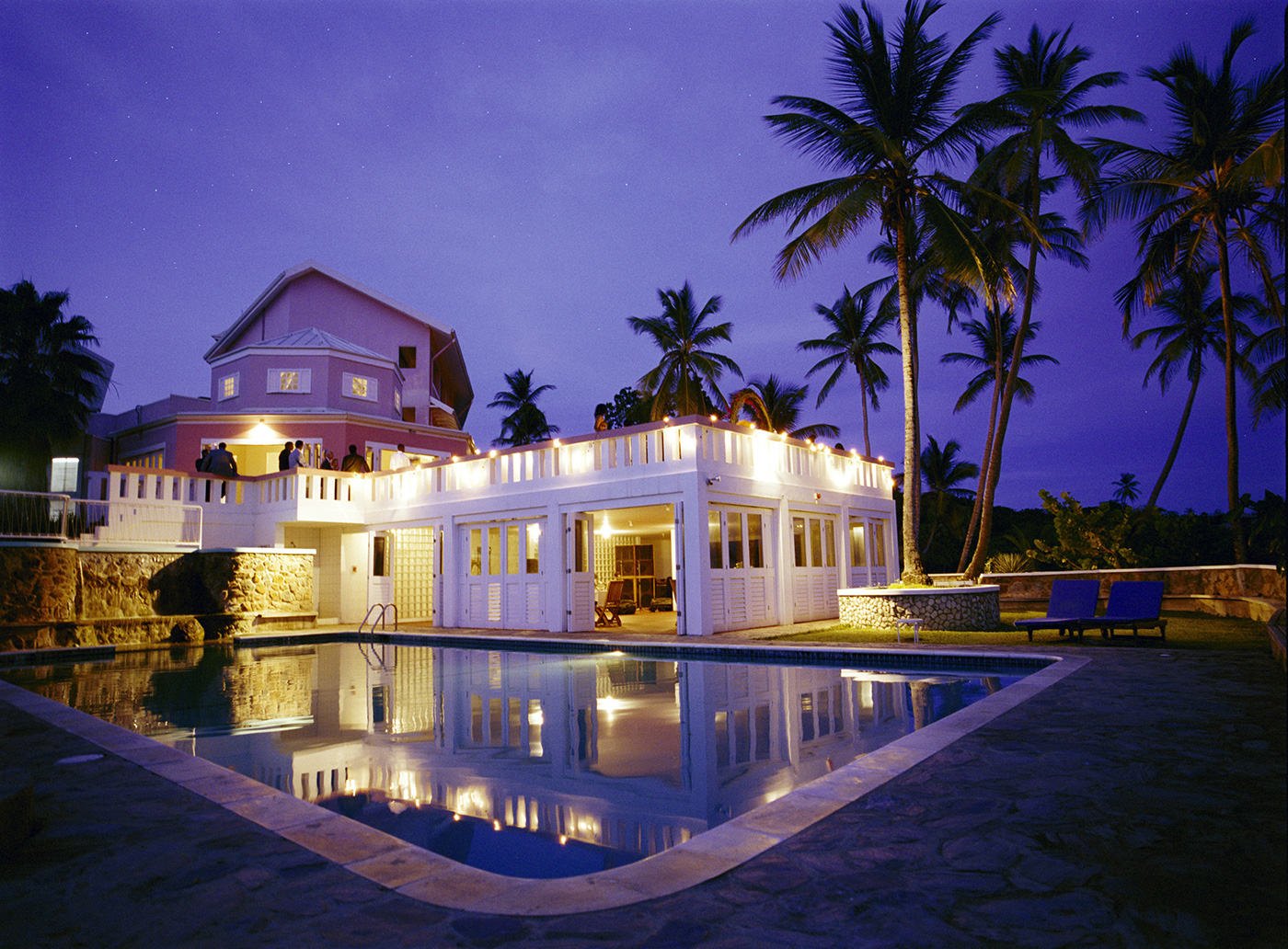
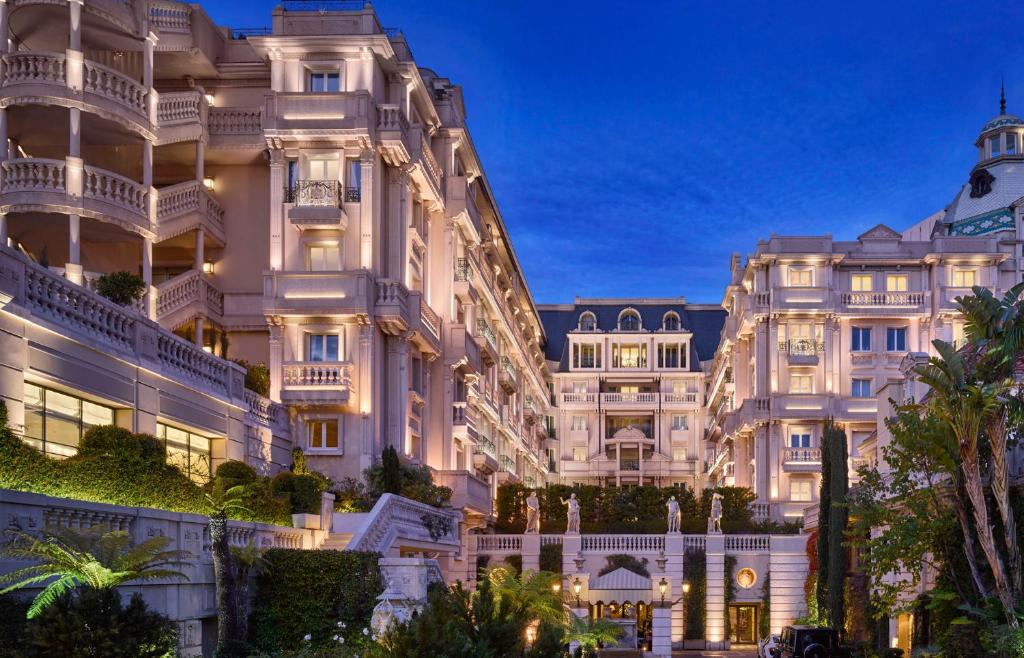
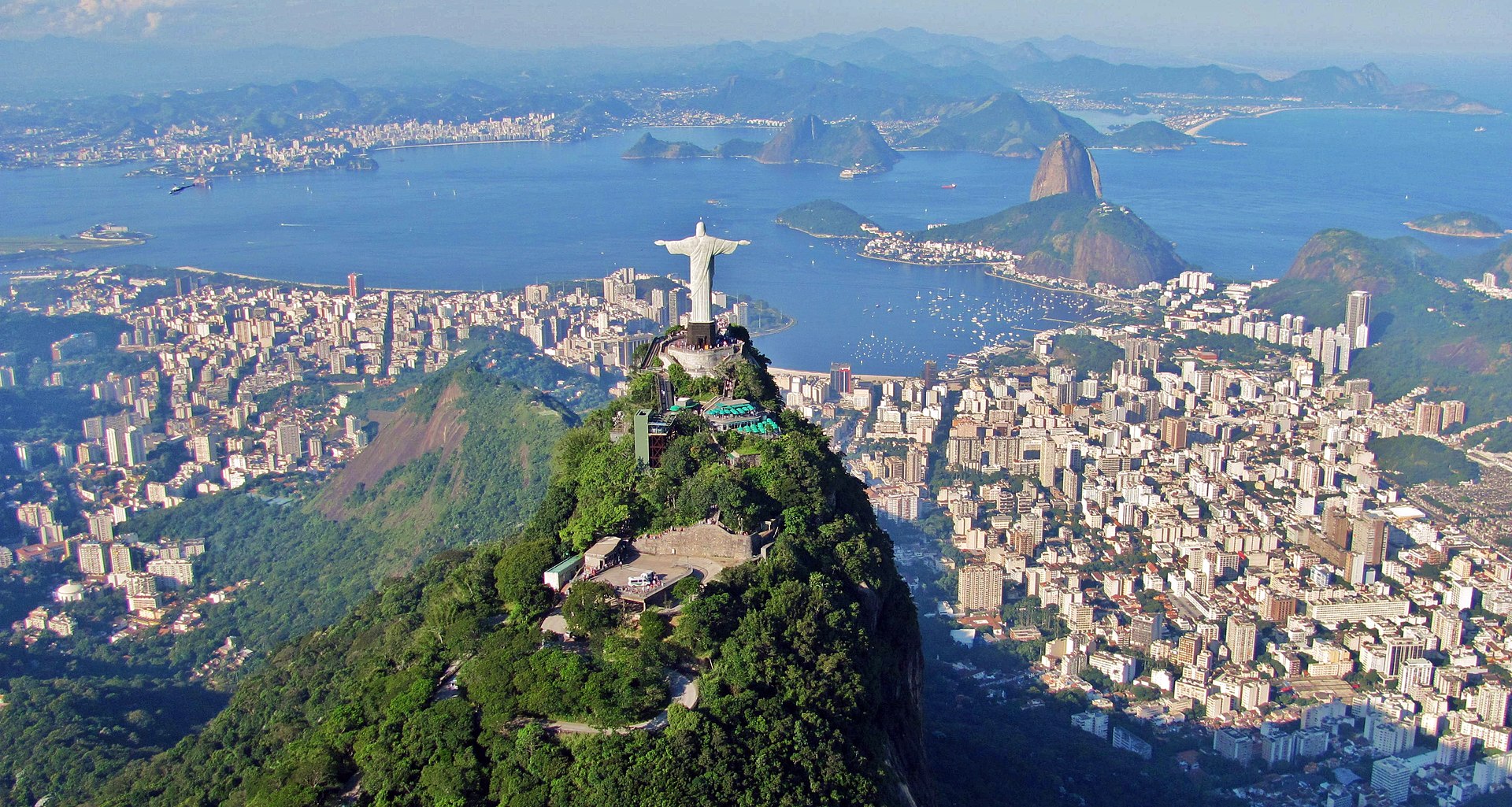
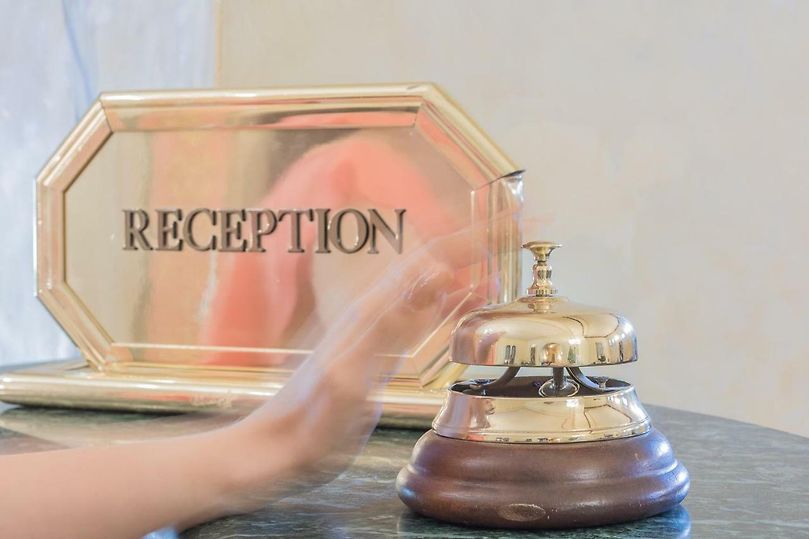
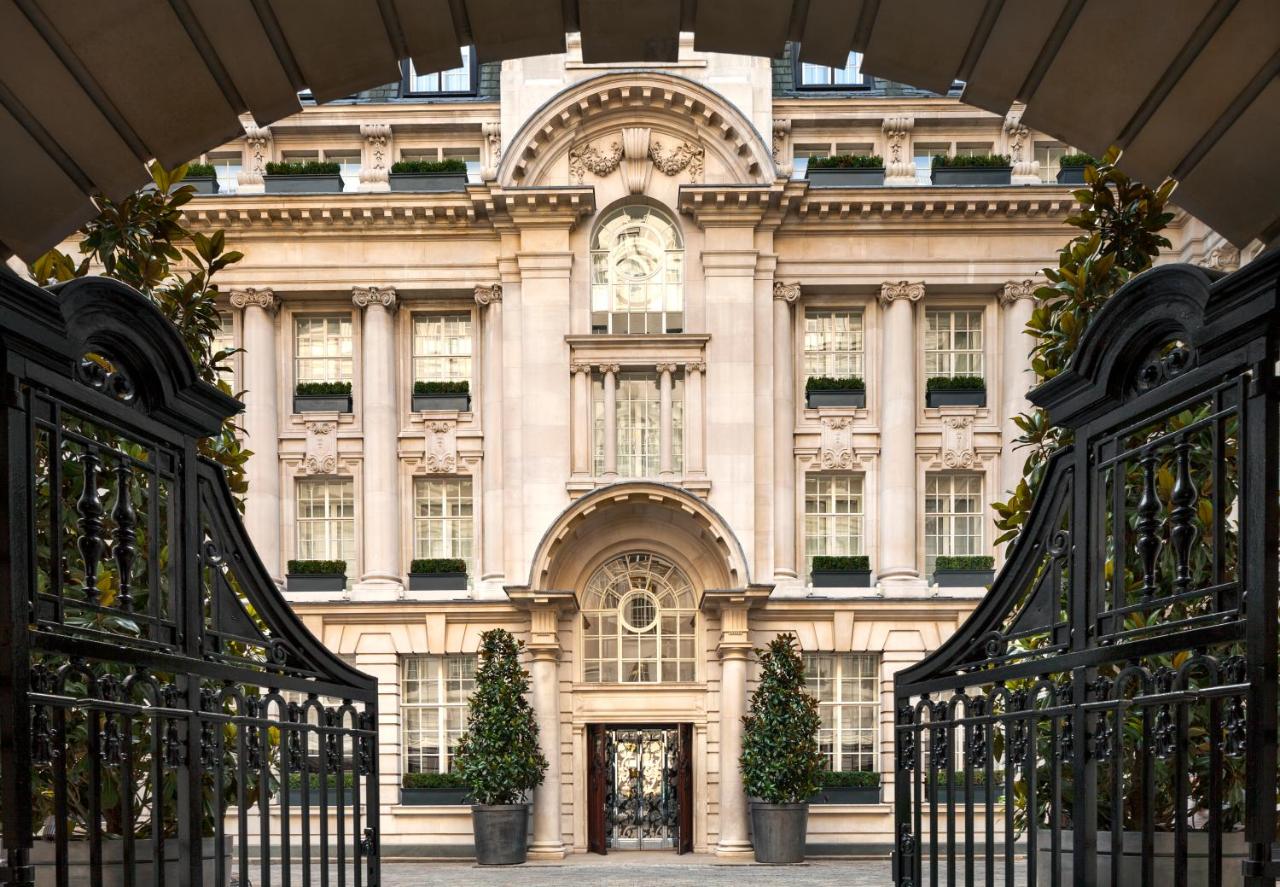
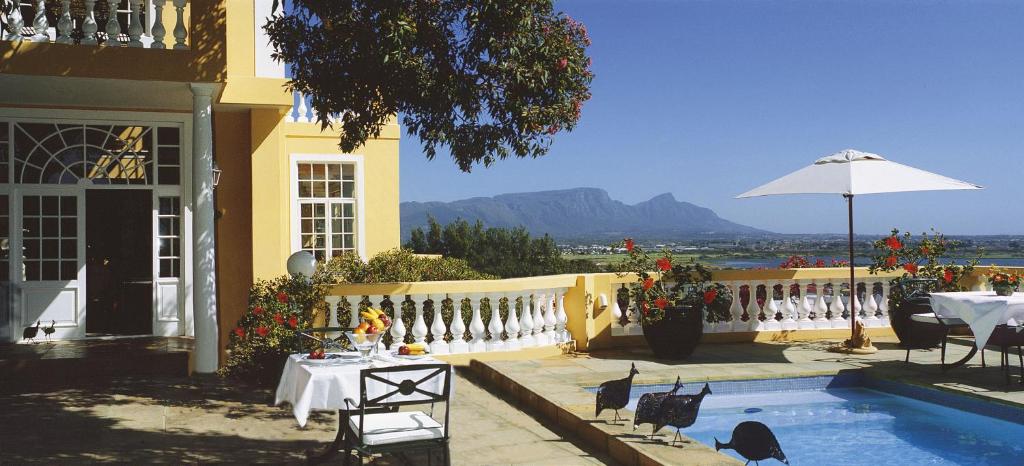
About Us
Situated on the warm False Bay coast, a comfortably elegant base from which to explore the interesting and beautiful ape Peninsula and Winelands, our villa is within easy reach of the airport and Cape Town city centre. A golfers paradise with more than 4 world-class Golf courses in the vicinity.
This is a Magical Villa of great quality with 5 Full Suites and 3 Bedroom suites, which can be utilised for honeymoons, for small incentives groups, Golf groups, for special guests or families, or simply to charm inquisitive and discerning visitors with exceptional hospitality, personal service, haute cuisine …
For discerning clients who wish to distance themselves from the “hustle and bustle” of a city and stay in a quieter place, but have easy access to all places of interest in and around Cape Town, our villa is a magical place, always appreciated by all visitors who enjoy the surroundings and the inspiration it affords them.
A position at the epicentre of greater Cape Town allows easy access to Table Mountain, the penguin colony at Boulders Beach, Cape Point Nature Reserve, the Waterfront and the Winelands. Attractions include whale watching, world-class golf and water-sports.
Gracing the mountainside above a tranquil Lake District on the warmer False Bay coastline, our villa, graded 5-Star, is a splendid Mediterranean retreat from which to explore fascinating Cape Town and environs, offering character, exclusivity and infinite charm. Majestic panoramic views stretch from Table Mountain across the Peninsula and Winelands to False Bay and the South Atlantic Ocean.
All our Suites and interiors have high quality furnishings with treasured antiques and objets d’art collected over many years. Five sumptuous Suites, one Family Suite and two Superior Bedrooms cater for every comfort and convenience.
Therapeutic Massages and Spa treatments are available upon request.
Camisa Water
Our villa is celebrating the rebirth of CAMISA quality water in their entire water system; for drinking, all use in their catering, their bathrooms, their swimming pool, and their laundry. This crystal clear, CAMISA quality filtered, purified and structured (hexagonal) water is pH 7.8, an Alkaline water and tastes sweet and delicious.
This healthy structured (hexagonal) Alkaline water compares favourably with the historical CAMISA mountain water. Structured (hexagonal) water is frequency balanced, energized with sunlight, minerals and free flowing. Note the difference of unorganized water, filled with pollutants, found in tap water.
Alkaline Water: The Benefits of Alkaline Drinking Water is that process of filtering and purifying water to an Alkaline state though the WATERMATE PURIFICATION SYSTEMS that was especially designed for our villa. Alkaline water helps to neutralize acids and remove toxins from the body. It is a great cleanser and helps to detoxify your cellular system. Did you know that water below pH7 is acidic and the human body is healthier when the cells are receiving Alkaline water?
In order to hydrate your body optimally, you need to drink and use water that is structured (hexagonal) Alkaline and mineral rich. Structured (hexagonal) Alkaline water also acts as a conductor of electrochemical activity from cell to cell. Ideally, water should have a pH between 8 and 9, and you should be drinking 2-3 litres of it daily. As you hydrate your body properly, you’ll develop more of a thirst for quality water.
The Human Body is composed of 90-75% water depending on age. The blood is 90% water and the human brain is made up of approximately 85% water, so it is no surprise that dehydration has a dramatic effect on blood, brain and DNA health. The DNA is 90% water, sunlight and minerals.
Responsible Tourism
We have conservation and responsible tourism practices in place to reduce our carbon footprint.
We help Uthando SA: www.uthandosa.org, a non-profit organisation supporting a broad range of sustainable projects in the poorest and most marginalised communities in South Africa, and who offer uplifting cultural field trips to clients
We recycle water-glass-cardboard-plastics-paper-green refuse etc… and use environment-friendly products
We are very conscious of saving resources and encourage our clients to use less water & electricity (each suite has a separate air-conditioner…)
Fair Trade practices with staff and suppliers are in place.
Patios
The perfect setting to lounge, relax and unwind. Most have panoramic breathtaking views of world-famous Table Mountain, Constantia, the Peninsula, Sandvlei Lake, False Bay legendary beaches and the South Atlantic Ocean with the Winelands in the distance.
Full Luxury Suites
Penthouse Suite
This Full Luxury Suite has a King-size extra-length bed in the bedroom, a large air-conditioned library lounge, both leading onto an opulent private balcony. A marble bathroom with bath and open shower. Panoramic sweeping views of Constantia, Table Mountain, the Peninsula, Sandvlei Lake, False Bay and the South Atlantic Ocean.
Services & Amenities
English Suite
This Full Luxury Suite, a twin bedded air-conditioned bedroom with two ¾ extra length beds set together (or King), has two bathrooms en-suite, one with a large open shower, the other with a face to face Victorian bath and a separate cloakroom. It also has a separate lounge and a large balcony with sweeping panoramic views across Table Mountain, the Peninsula, Sandvlei Lake, and False Bay.
Services and Amenities as above.
Executive Suites
Chinese Suite
This Executive Suite has a large air-conditioned bedroom with a Four Poster King-size extra-length bed, a bathroom en-suite with a Victorian bath/telephone shower and a separate marble shower, a separate lounge and a large sheltered balcony with views of Table Mountain and Cape Peninsula.
Services and Amenities as above.
New Suite
This Executive Suite, all marble and glass from floor to ceiling, has an air-conditioned bedroom with a Four Poster King-size extra-length bed (2 metres x 2 metres), and sitting area. A contemporary bathroom en-suite enjoys a face to face bath with lumbar support, a large separate steam shower with a bench, and a separate cloakroom. Private patio. Views of Sandvlei Lake, False Bay, beaches and Cape Hangklip in the South Atlantic Ocean.
Services and Amenities as above.
Mogul Suite
This Executive Suite has an air-conditioned bedroom with two large 3/4 twin beds set together (or King), a marble en-suite bathroom with a large open shower, a separate lounge with two reclining beds and a separate dressing room. Views from the patio span from Table Mountain, across Sandvlei Lake, the Cape Peninsula and False Bay.
Services and Amenities as above.
Superior Suites
Green Room
This air-conditioned Superior Bedroom has two 3/4 twin beds set together (or King), a bathroom en-suite with a large open adjustable shower. It enjoys a conservatory and a private balcony overlooking the garden, Sandvlei Lake and the Atlantic Ocean through the trees.
Services and Amenities as above.
Moroccan Room
This air-conditioned Superior Bedroom, a mini-Suite with a Queen size bed and sitting area has a separate dressing area and a separate shower room. It enjoys a sheltered patio with views across Sandvlei Lake and the Peninsula.
Services and Amenities as above.
Safari Suite
This Full Luxury Suite has a King-size extra-length bed in the bedroom, a large air-conditioned library lounge, both leading onto an opulent private balcony. A marble bathroom with bath and open shower. Panoramic sweeping views of Constantia, Table Mountain, the Peninsula, Sandvlei Lake, False Bay and the South Atlantic Ocean.
Activities
Swimming & Relaxing by the Pool
There is a beautiful pool to relax and enjoy the views of the surrounding mountains and vineyard. Afternoons are for long lazy walks, snoozing by the pool or a therapeutic rooftop massage beneath a bedouin tent.
Golfing
We are located within a few minutes drive of 4 championship & world-class Golf courses
We can organise tee-off times for you. Our villa is particularly attractive for hosting small groups of Golfers. Enquire about our specials and services.
Wine Tasting
Privately visit a Constantia wine estate in the Cape’s oldest Winelands, then venture further into Stellenbosch, Franschhoek, Paarl … Engage in a private cultural field trip through UthandoSA (Love South Africa) and share in the upliftment of community empowerment projects. Attend a show or concert at a local theatre.
Walking
There are some great mountain trails, and the Drakenstein Mountain Reserve is home to a variety of protea plant species, rare birds, baboons and mountain bok.
Beaches
Sunset Beach horse ride along Noordhoek’s untouched shoreline with breathtaking views of Chapman’s Peak. Surf at one of South Africa’s famed Surf schools. Stroll the pristine legendary False Bay white sand beaches and explore the Table Mountain Nature Reserve unspoiled coves – discover trendy Camps Bay, famous Clifton or sheltered St James …
Whales
Spot the whales and dolphins on a boat trip from Simon’s Town in season or simply indulge in a Harbour Tour. Take a helicopter trip and marvel at the Cape’s magnificence below or discover the V&A Aquarium. Drive the scenic coastal route to Hermanus and Walker Bay along the rocky landscape of False Bay.
Kalk Bay
Absorb the inviting atmosphere of cosmopolitan galleries, boutiques, restaurants and sea-side cafes. Water taxi between Kalk Bay and Simon’s Town or take a Historical train & guided tour of the museums. Walk and be guided through the Cape’s unique mountain fynbos and encounter the endangered Chacma baboons of the Cape.
Sharks
Shark eco-tour in False Bay with Chris Fallows of National Geographic & Discovery Channel fame and witness one of nature’s greatest spectacles, a breaching Great White Shark. Take a boat trip to Seal Island in False Bay, home to 75,000 Cape fur seals, 24 bird species and the hunting ground of the Great White Shark.
Penguins
Breakfast with African penguins at Boulders Beach, watch them waddle amongst giant granite boulders, and swim with them if you dare… Sea Kayak with penguins in the warm waters of False Bay or snorkel with seals. Embark on a deep-sea game fishing charter or discover the awesome underwater world on a guided shore or shipwreck dive.
Birdwatching
Paarl is famous for its rock climbing terrain. This activity caters for the adventure-seeker and includes a decent through the Limietberge canyon using abseils, jumps, belays and traverses. With no less than six waterfalls, abseils range from 15 to 50 metres with the option of cliff jumping for the brave-hearted!
Mountain Bikes
If you’re a fan of mountain biking, bike rentals are available in the area and this is a great way to explore the estate and surrounding area.
Our Lounges
For special atmosphere, settle down around one of two beautiful open-hearth log fires and enjoy the peaceful surroundings. All our Suites and interiors are furnished with treasured antiques and objets d’art collected over many years.
Our Cuisine
Our award-winning Executive Chef ‘s inspired presentations are an artful combination of the Cape’s finest and freshest organically grown ingredients – a rare culinary celebration in the superb architecture of the candlelit Dining Hall. For a minimum of 6 people, should clients wish to dine in-house on their first evening, kindly let us know and advise us of any special dietary requirements. A private dinner party for selected guests can easily be organised upon request.
Health
Fresh organic vegetable and fruit juices to rejuvenate you. Great emphasis is devoted to the creation of healthy and well-balanced dishes combining the Cape’s finest and freshest organically grown ingredients
Cape Town
Cape Town is the oldest and second-largest city in South Africa, after Johannesburg, and also the seat of the Parliament of South Africa.
Colloquially named the Mother City, it is the largest city of the Western Cape province and forms part of the City of Cape Town metropolitan municipality. The Parliament of South Africa is situated in Cape Town. The other two capitals are located in Gauteng (Pretoria the executive capital where the Presidency is based) and in the Free State (Bloemfontein the judicial capital where the Supreme Court of Appeal is located). The city is known for its harbour, for its natural setting in the Cape Floristic Region, and for landmarks such as Table Mountain and Cape Point. Cape Town is home to 66% of the Western Cape's population. The city was named the World Design Capital for 2014 by the International Council of Societies of Industrial Design.
In 2014, Cape Town was named the best place in the world to visit by both The New York Times and The Daily Telegraph. Cape Town has also been a host city for both the 1995 Rugby World Cup and 2010 FIFA World Cup, and annually hosts the Africa leg of the World Rugby 7s.
Located on the shore of Table Bay, Cape Town, as the oldest urban area in the Western Cape, it was developed by the Dutch East India Company (VOC) as a supply station for Dutch ships sailing to East Africa, India, and the Far East. Jan van Riebeeck's arrival on 6 April 1652 established the VOC Cape Colony, the first permanent European settlement in South Africa. Cape Town outgrew its original purpose as the first European outpost at the Castle of Good Hope, becoming the economic and cultural hub of the Cape Colony. Until the Witwatersrand Gold Rush and the development of Johannesburg, Cape Town was the largest city in South Africa.
Early history
The earliest known remnants of human occupation in the region were found at Peers Cave in Fish Hoek and date to between 15,000 and 12,000 years ago. Little is known of the history of the region's first residents, since there is no written history from the area before it was first mentioned by Portuguese explorer Bartolomeu Dias in 1488 who was the first European to reach the area and named it "Cape of Storms" (Cabo das Tormentas). It was later renamed by John II of Portugal as "Cape of Good Hope" (Cabo da Boa Esperança) because of the great optimism engendered by the opening of a sea route to India and the East. Vasco da Gama recorded a sighting of the Cape of Good Hope in 1497. In 1510, at the Battle of Salt River, Francisco de Almeida and sixty-four of his men were killed and his party were defeated by the !Uriǁ’aekua ("Goringhaiqua" in Dutch approximate spelling) using specially trained cattle. The !Uriǁ’aekua were one of the so-called Khoekhoe clans of the area. In the late 16th century French, Danish, Dutch and English, but mainly Portuguese, ships regularly continued to stop over in Table Bay en route to the Indies. They traded tobacco, copper, and iron with the Khoekhoe clans of the region to exchange fresh meat and other provisions.
Dutch period
In 1652, Jan van Riebeeck and other employees of the United East India Company (Dutch: Verenigde Oost-indische Compagnie, VOC) were sent to the Cape Town to establish a way-station for ships travelling to the Dutch East Indies, and the Fort de Goede Hoop (later replaced by the Castle of Good Hope). The settlement grew slowly during this period, as it was hard to find adequate labour. This labour shortage prompted the authorities to import slaves from Indonesia and Madagascar. Many of these became ancestors of the first Cape Coloured communities. Under Van Riebeeck and his successors as VOC commanders and later governors at the Cape, an impressive range of useful plants were introduced to the Cape – in the process, changing the natural environment forever. Some of these, including grapes, cereals, ground nuts, potatoes, apples and citrus, had an important and lasting influence on the societies and economies of the region.
British period
The Dutch Republic being transformed into Revolutionary France's vassal Batavian Republic, Great Britain moved to take control of its colonies. Britain captured Cape Town in 1795, but the Cape was returned to the Dutch by treaty in 1803. British forces occupied the Cape again in 1806 following the Battle of Blaauwberg. In the Anglo-Dutch Treaty of 1814, Cape Town was permanently ceded to the United Kingdom. It became the capital of the newly formed Cape Colony, whose territory expanded very substantially through the 1800s. With expansion came calls for greater independence from the UK, with the Cape attaining its own parliament (1854) and a locally accountable Prime Minister (1872). Suffrage was established according to the non-racial Cape Qualified Franchise.
During the 1850s and 1860s, additional plant species were introduced from Australia by the British authorities. Notably, rooikrans to stabilise the sand of the Cape Flats to allow for a road connecting the peninsula with the rest of the African continent and eucalyptus to drain marshes. In 1859 the first railway line was built by the Cape Government Railways and a system of railways rapidly expanded in the 1870s. The discovery of diamonds in Griqualand West in 1867, and the Witwatersrand Gold Rush in 1886, prompted a flood of immigrants to South Africa. In 1895 the city's first public power station, the Graaff Electric Lighting Works, was opened. Conflicts between the Boer republics in the interior and the British colonial government resulted in the Second Boer War of 1899–1902, which Britain won. From 1891 to 1901, the city's population more than doubled from 67,000 to 171,000.
South African period
In 1910, Britain established the Union of South Africa, which unified the Cape Colony with the two defeated Boer Republics and the British colony of Natal. Cape Town became the legislative capital of the Union, and later of the Republic of South Africa.
Prior to the mid-twentieth century, Cape Town was one of the most racially integrated cities in South Africa. In the 1948 national elections, the National Party won on a platform of apartheid (racial segregation) under the slogan of "swart gevaar" (Afrikaans for "black danger"). This led to the erosion and eventual abolition of the Cape's multiracial franchise, as well as to the Group Areas Act, which classified all areas according to race. Formerly multi-racial suburbs of Cape Town were either purged of residents deemed unlawful by apartheid legislation or demolished. The most infamous example of this in Cape Town was District Six. After it was declared a whites-only region in 1965, all housing there was demolished and over 60,000 residents were forcibly removed. Many of these residents were relocated to the Cape Flats.
The earliest of the Cape Flats forced removals were to Langa particularly with the 1923 Native Urban Areas Act. Langa is the oldest township in Cape Town and the scene of much resistance against Apartheid. Its origins go back to the 19th century.
Under apartheid, the Cape was considered a "Coloured labour preference area", to the exclusion of "Bantus", i.e. Africans. The implementation of this policy was widely opposed by trade unions, civil society and opposition parties. It is notable that this policy was not advocated for by any coloured political group, and its implementation was a unilateral decision by the apartheid government.
School students from Langa, Gugulethu and Nyanga in Cape Town reacted to the news of protests against Bantu Education in Soweto in June 1976 and organised gatherings and marches, which were met with resistance from the police. A number of school buildings were burnt down.
Cape Town was home to many leaders of the anti-apartheid movement. On Robben Island, a former penitentiary island 10 kilometres (6 miles) from the city, many famous political prisoners were held for years. In one of the most famous moments marking the end of apartheid, Nelson Mandela made his first public speech since his imprisonment, from the balcony of Cape Town City Hall hours after being released on 11 February 1990. His speech heralded the beginning of a new era for the country, and the first democratic election, was held four years later, on 27 April 1994. Nobel Square in the Victoria & Alfred Waterfront features statues of South Africa's four Nobel Peace Prize winners: Albert Luthuli, Desmond Tutu, F. W. de Klerk and Nelson Mandela.
There was a severe water shortage from 2015 to 2018. Since the beginning of the second decade of the twenty-first century Cape Town and the Western Cape province have been home to a growing independence movement. In the 2021 municipal elections pro-independence parties garnered around 5% of the city's vote.
Geography
Cape Town is located at latitude 33.55° S (approximately the same as Sydney and Buenos Aires and equivalent to Casablanca and Los Angeles in the northern hemisphere) and longitude 18.25° E. Table Mountain, with its near-vertical cliffs and flat-topped summit over 1,000 m (3,300 ft) high, and with Devil's Peak and Lion's Head on either side, together form a dramatic mountainous backdrop enclosing the central area of Cape Town, the so-called City Bowl. A thin strip of cloud, known colloquially as the "tablecloth", sometimes forms on top of the mountain. To the immediate south, the Cape Peninsula is a scenic mountainous spine jutting 40 kilometres (25 mi) southwards into the Atlantic Ocean and terminating at Cape Point. There are over 70 peaks above 300 m (980 ft) within Cape Town's official city limits. Many of the city's suburbs lie on the large plain called the Cape Flats, which extends over 50 kilometres (30 mi) to the east and joins the peninsula to the mainland. The Cape Town region is characterised by an extensive coastline, rugged mountain ranges, coastal plains and inland valleys.
Robben Island
UNESCO declared Robben Island in the Western Cape a World Heritage Site in 1999. Robben Island is located in Table Bay, some 6 km (3.7 mi) west of Bloubergstrand in Cape Town, and stands some 30m above sea level. Robben Island has been used as a prison where people were isolated, banished, and exiled for nearly 400 years. It was also used as a leper colony, a post office, a grazing ground, a mental hospital, and an outpost.
Visitors can only access the island via the Robben Island Museum boat service, which runs three times daily until the beginning of the peak season (1 September). The ferries depart from the Nelson Mandela Gateway at the V&A Waterfront.
Climate
Cape Town has a warm Mediterranean climate (Köppen: Csb), with mild, moderately wet winters and dry, warm summers. Winter, which lasts from the beginning of June to the end of August, may see large cold fronts entering for limited periods from the Atlantic Ocean with significant precipitation and strong north-westerly winds. Winter months in the city average a maximum of 18 °C (64 °F) and minimum of 8.5 °C (47 °F). Total annual rainfall in the city averages 515 millimetres (20.3 in) although in the Southern Suburbs, close to the mountains, rainfall is significantly higher and averages closer to 1,000 millimetres (39.4 in). Summer, which lasts from December to March, is warm and dry with an average maximum of 26 °C (79 °F) and a minimum of 16 °C (61 °F). The region can get uncomfortably hot when the Berg Wind, meaning "mountain wind", blows from the Karoo interior. Spring and summer generally feature a strong wind from the south-east, known locally as the south-easter or the Cape Doctor, so called because it blows air pollution away. This wind is caused by a persistent high-pressure system over the South Atlantic to the west of Cape Town, known as the South Atlantic High, which shifts latitude seasonally, following the sun, and influencing the strength of the fronts and their northward reach. Cape Town receives about 3,100 hours of sunshine per year.
Water temperatures range greatly, between 10 °C (50 °F) on the Atlantic Seaboard, to over 22 °C (72 °F) in False Bay. Average annual ocean surface temperatures are between 13 °C (55 °F) on the Atlantic Seaboard (similar to Californian waters, such as San Francisco or Big Sur), and 17 °C (63 °F) in False Bay (similar to Northern Mediterranean temperatures, such as Nice or Monte Carlo).
Unlike other parts of the country the city does not have many thunderstorms, and most of those that do occur, happen around October to December and March to April.
Flora and fauna
Located in a CI Biodiversity hotspot as well as the unique Cape Floristic Region, the city of Cape Town has one of the highest levels of biodiversity of any equivalent area in the world. These protected areas are a World Heritage Site, and an estimated 2,200 species of plants are confined to Table Mountain – more than exist in the whole of the United Kingdom which has 1200 plant species and 67 endemic plant species. Many of these species, including a great many types of proteas, are endemic to the mountain and can be found nowhere else.
It is home to a total of 19 different vegetation types, of which several are endemic to the city and occur nowhere else in the world. It is also the only habitat of hundreds of endemic species, and hundreds of others which are severely restricted or threatened. This enormous species diversity is mainly because the city is uniquely located at the convergence point of several different soil types and micro-climates.
Table Mountain has an unusually rich biodiversity. Its vegetation consists predominantly of several different types of the unique and rich Cape Fynbos. The main vegetation type is endangered Peninsula Sandstone Fynbos, but critically endangered Peninsula Granite Fynbos, Peninsula Shale Renosterveld and Afromontane forest occur in smaller portions on the mountain.
Unfortunately, rapid population growth and urban sprawl has covered much of these ecosystems with development. Consequently, Cape Town now has over 300 threatened plant species and 13 which are now extinct. The Cape Peninsula, which lies entirely within the city of Cape Town, has the highest concentration of threatened species of any continental area of equivalent size in the world. Tiny remnant populations of critically endangered or near-extinct plants sometimes survive on roadsides, pavements and sports fields. The remaining ecosystems are partially protected through a system of over 30 nature reserves – including the massive Table Mountain National Park.
Cape Town reached first place in the 2019 iNaturalist City Nature Challenge in two out of the three categories: Most Observations, and Most Species. This was the first entry by Capetonians in this annual competition to observe and record the local biodiversity over a four-day long weekend during what is considered the worst time of the year for local observations. However, a worldwide survey showed that the extinction rate of endemic plants from the City of Cape Town is one of the highest in the world, at roughly three per year since 1900 - partly a consequence of the very small and localised habitats and high endemicity.
Demographics
According to the South African National Census of 2011, the population of the City of Cape Town metropolitan municipality – an area that includes suburbs and exurbs – is 3,740,026 people. This represents an annual growth rate of 2.6% compared to the results of the previous census in 2001 which found a population of 2,892,243 people.
The sex ratio is 96, meaning that there are slightly more women than men.
According to the 2016 City of Cape Town community survey, there were 4 004 793 in the City of Cape Town metro. Out of this population 42.6% identified as Black African, 39.9% identified as Coloured, 16.5% identified as White and 1.1% identified as Asian.
In 1944, 47% of the city-proper's population was White, 46% was Coloured, less than 6% was Black African and 1% was Asian, though these numbers did not represent wider Cape Town. Also, race definitions prior to the Population Registration Act of 1950 were extremely vague and would have had significant overlap between Coloured and Black African identified populations.
The repealing of apartheid laws limiting the movement of people to Cape Town based on race in 1986 contributed to a period of rapid population growth. The population of Cape Town increased from just under 1.2 million in 1970 to 2.8 million by the year 2000; with the population of residents described as Black African increasing from 9.6% of the city's population to 32.3% in the same period.
Of those residents who were asked about their first language, 35.7% spoke Afrikaans, 29.8% spoke Xhosa and 28.4% spoke English. 24.8% of the population is under the age of 15, while 5.5% is 65 or older.
Of those residents aged 20 or older, 1.8% have no schooling, 8.1% have some schooling but did not finish primary school, 4.6% finished primary school but have no secondary schooling, 38.9% have some secondary schooling but did not finish Grade 12, 29.9% finished Grade 12 but have no higher education, and 16.7% have higher education. Overall, 46.6% have at least a Grade 12 education. Of those aged between 5 and 25, 67.8% are attending an educational institution. Amongst those aged between 15 and 65 the unemployment rate is 23.7%. The average annual household income is R 161,762.
The total number of households grew from 653,085 in 1996 to 1,068,572 in 2011, which represents an increase of 63,6%. The average number of household members declined from 3,92 in 1996 to 3,50 in 2011. Of those households, 78.4% are in formal structures (houses or flats), while 20.5% are in informal structures (shacks). 97.3% of City-supplied households have access to electricity, and 94.0% of households use electricity for lighting. 87.3% of households have piped water to the dwelling, while 12.0% have piped water through a communal tap. 94.9% of households have regular refuse collection services. 91.4% of households have a flush toilet or chemical toilet, while 4.5% still use a bucket toilet. 82.1% of households have a refrigerator, 87.3% have a television and 70.1% have a radio. Only 34.0% have a landline telephone, but 91.3% have a cellphone. 37.9% have a computer, and 49.3% have access to the Internet (either through a computer or a cellphone).
Economy
Cape Town is the economic hub of the Western Cape province, accounting for roughly 80% of the province's GDP. The city is South Africa's second main economic centre and Africa's third main economic hub city. It serves as the regional manufacturing centre in the Western Cape. In 2011 the city's GMP was US$ 56.8 billion with a GDP per capita of US$15,721. In 2014, the City contributed 9.8% of the national GDP.
In the five years preceding 2014 Cape Town GMP grew at an average of 3.7% a year. As a proportion of GMP, the agriculture and manufacturing sectors have declined whilst finance, business services, transport, and logistics have grown, reflecting the local economy's growth in specialised services sectors. Fishing, clothing and textiles, wood product manufacturing, electronics, furniture, hospitality, finance and business services are industries in which Cape Town's economy has the largest comparative advantage.
The city of Cape Town's Gini coefficient of 0.58 is lower than South Africa's Gini coefficient of 0.7 making it more equal than the rest of the country. Between 2001 and 2010 the city's Gini coefficient, a measure of inequality, improved by dropping from 0.59 in 2007 to 0.57 in 2010 only to increase to 0.58 by 2017. The city has the lowest rate of inequality in South Africa although still highly unequal by international standards.
Most goods are handled through the Port of Cape Town or Cape Town International Airport. Most major shipbuilding companies have offices in Cape Town.[92] The province is also a centre of energy development for the country, with the existing Koeberg nuclear power station providing energy for the Western Cape's needs.
Cape Town has four major commercial nodes, with Cape Town Central Business District containing the majority of job opportunities and office space. Century City, the Bellville/Tygervalley strip and Claremont commercial nodes are well established and contain many offices and corporate headquarters.
Most companies headquartered in the city are insurance companies, retail groups, publishers, design houses, fashion designers, shipping companies, petrochemical companies, architects and advertising agencies. Some of the most notable companies headquartered in the city are food and fashion retailer Woolworths, supermarket chain Pick n Pay Stores and Shoprite, New Clicks Holdings Limited, fashion retailer Foschini Group, internet service provider MWEB, Mediclinic International, eTV, multinational mass media giant Naspers, and financial services giant Sanlam. Other notable companies include Belron (vehicle glass repair and replacement group operating worldwide), CapeRay (develops, manufactures and supplies medical imaging equipment for the diagnosis of breast cancer), Ceres Fruit Juices (produces fruit juice and other fruit-based products), Coronation Fund Managers (third-party fund management company), ICS (was one of the largest meat processing and distribution companies in the world), Vida e Caffè (chain of coffee retailers), Capitec Bank (commercial bank in the Republic of South Africa). The city is a manufacturing base for several multinational companies including, Johnson & Johnson, GlaxoSmithKline, Levi Strauss & Co., Adidas, Bokomo Foods, Yoco and Nampak. Amazon Web Services maintains one of its largest facilities in the world in Cape Town with the city serving as the Africa headquarters for its parent company Amazon.
With the highest number of successful Technology companies in Africa, Cape Town is an important centre for the industry on the continent. This includes an increasing number of companies in the space industry. Growing at an annual rate of 8.5% and an estimated worth of R77 billion in 2010, nationwide the high tech industry in Cape Town is becoming increasingly important to the city's economy.
The city was recently named as the most entrepreneurial city in South Africa, with the percentage of Capetonians pursuing business opportunities almost three times higher than the national average. Those aged between 18 and 64 were 190% more likely to pursue new business, whilst in Johannesburg, the same demographic group was only 60% more likely than the national average to pursue a new business. With a number of entrepreneurship initiatives and universities hosting technology startups such as Jumo, Yoco, Aerobotics, Luno and The Sun Exchange.
Tourism
The Western Cape is an important tourist region in South Africa; the tourism industry accounts for 9.8% of the GDP of the province and employs 9.6% of the province's workforce. In 2010, over 1.5 million international tourists visited the area.
Cape Town is not only a popular international tourist destination in South Africa, but Africa as a whole. This is due to its mild climate, natural setting, and well-developed infrastructure. The city has several well-known natural features that attract tourists, most notably Table Mountain, which forms a large part of the Table Mountain National Park and is the back end of the City Bowl. Reaching the top of the mountain can be achieved either by hiking up, or by taking the Table Mountain Cableway. Cape Point is recognised as the dramatic headland at the end of the Cape Peninsula. Many tourists also drive along Chapman's Peak Drive, a narrow road that links Noordhoek with Hout Bay, for the views of the Atlantic Ocean and nearby mountains. It is possible to either drive or hike up Signal Hill for closer views of the City Bowl and Table Mountain.
Many tourists also visit Cape Town's beaches, which are popular with local residents. Due to the city's unique geography, it is possible to visit several different beaches in the same day, each with a different setting and atmosphere. Though the Cape's water ranges from cold to mild, the difference between the two sides of the city is dramatic. While the Atlantic Seaboard averages annual water temperatures barely above that of coastal California around 13 °C (55 °F), the False Bay coast is much warmer, averaging between 16 and 17 °C (61 and 63 °F) annually. This is similar to water temperatures in much of the Northern Mediterranean (for example Nice). In summer, False Bay water averages slightly over 20 °C (68 °F), with 22 °C (72 °F) a common high. Beaches located on the Atlantic Coast tend to have very cold water due to the Benguela current which originates from the Southern Ocean, whilst the water at False Bay beaches may be warmer by up to 10 °C (18 °F) at the same moment due to the influence of the warm Agulhas current. It is a common misconception that False Bay is part of the Indian Ocean, with Cape Point being both the meeting point of the Indian and Atlantic Oceans and the southernmost tip of Africa. The oceans in fact meet at the actual southernmost tip, Cape Agulhas, which lies approximately 150 kilometres (93 miles) to the southeast. The misconception is fuelled by the relative warmth of the False Bay water to the Atlantic Seaboard water, and the many confusing instances of "Two Oceans" in names synonymous with Cape Town, such as the Two Oceans Marathon, the Two Oceans Aquarium, and places such as Two Oceans wine farm.
Both coasts are equally popular, although the beaches in affluent Clifton and elsewhere on the Atlantic Coast are better developed with restaurants and cafés, with a strip of restaurants and bars accessible to the beach at Camps Bay. The Atlantic seaboard, known as Cape Town's Riviera, is regarded as one of the most scenic routes in South Africa, along the slopes of the Twelve Apostles to the boulders and white sand beaches of Llandudno, with the route ending in Hout Bay, a diverse bustling suburb with a harbour and a seal island. This fishing village is flanked by the Constantia valley and the picturesque Chapman's Peak drive. Boulders Beach near Simon's Town is known for its colony of African penguins. Surfing is popular and the city hosts the Red Bull Big Wave Africa surfing competition every year.
The city has several notable cultural attractions. The Victoria & Alfred Waterfront, built on top of part of the docks of the Port of Cape Town, is the city's most visited tourist attraction. It is also one of the city's most popular shopping venues, with several hundred shops as well as the Two Oceans Aquarium. The V&A also hosts the Nelson Mandela Gateway, through which ferries depart for Robben Island. It is possible to take a ferry from the V&A to Hout Bay, Simon's Town and the Cape fur seal colonies on Seal and Duiker Islands. Several companies offer tours of the Cape Flats, a mostly Coloured township, and Khayelitsha, a mostly black township.
The most popular areas for visitors to stay include Camps Bay, Sea Point, the V&A Waterfront, the City Bowl, Hout Bay, Constantia, Rondebosch, Newlands, and Somerset West.
In November 2013, Cape Town was voted the best global city in The Daily Telegraph's annual Travel Awards.
Cape Town offers tourists a range of air, land and sea-based adventure activities, including paragliding and skydiving.
The City of Cape Town works closely with Cape Town Tourism to promote the city both locally and internationally. The primary focus of Cape Town Tourism is to represent Cape Town as a tourist destination. Cape Town Tourism receives a portion of its funding from the City of Cape Town while the remainder is made up of membership fees and own-generated funds.
The Tristan da Cunha government owns and operates a lodging facility in Cape Town which charges discounted rates to Tristan da Cunha residents and non-resident natives.
Cliff Jacobs (Nat Dpl Hotel Man (UJ). MPRE. GA Level 5 TEFL) Managing Principal / CEO Exquisite Hotel Consultants (Pty) Ltd Mobile: +27 (0) 84 413 1071 / +27 (0) 61 716 6951 Email: cliff@exquisitehotelconsultants.com Web: https://www.exquisitehotelconsultants.com © All rights reserved Terms and Conditions apply Scroll down to view our Hospitality Properties and Businesses for sale or lease or lease-to-buy or partnership arrangement or management agreement arrangement.



 Name: BondExcel
Name: BondExcel Mortgage Origination
We interface with all of the major banks in South Africa to ensure that you get the right home loan solution at the best possible rate.
Looking forward to assist you with your home loan application!
 Name: Businessentials For Hospitality
Name: Businessentials For Hospitality Hospitality Consulting, Accounting, Bookkeeping and Payroll Services
 Name: Capital Efficiency Group
Name: Capital Efficiency Group Corporate Finance, Tax & Accounting and Treasury Services.
Attorneys, Notaries and Conveyancers
 Name: D E I R D R E R E N N I E R S Interior Design
Name: D E I R D R E R E N N I E R S Interior Design Interior Design
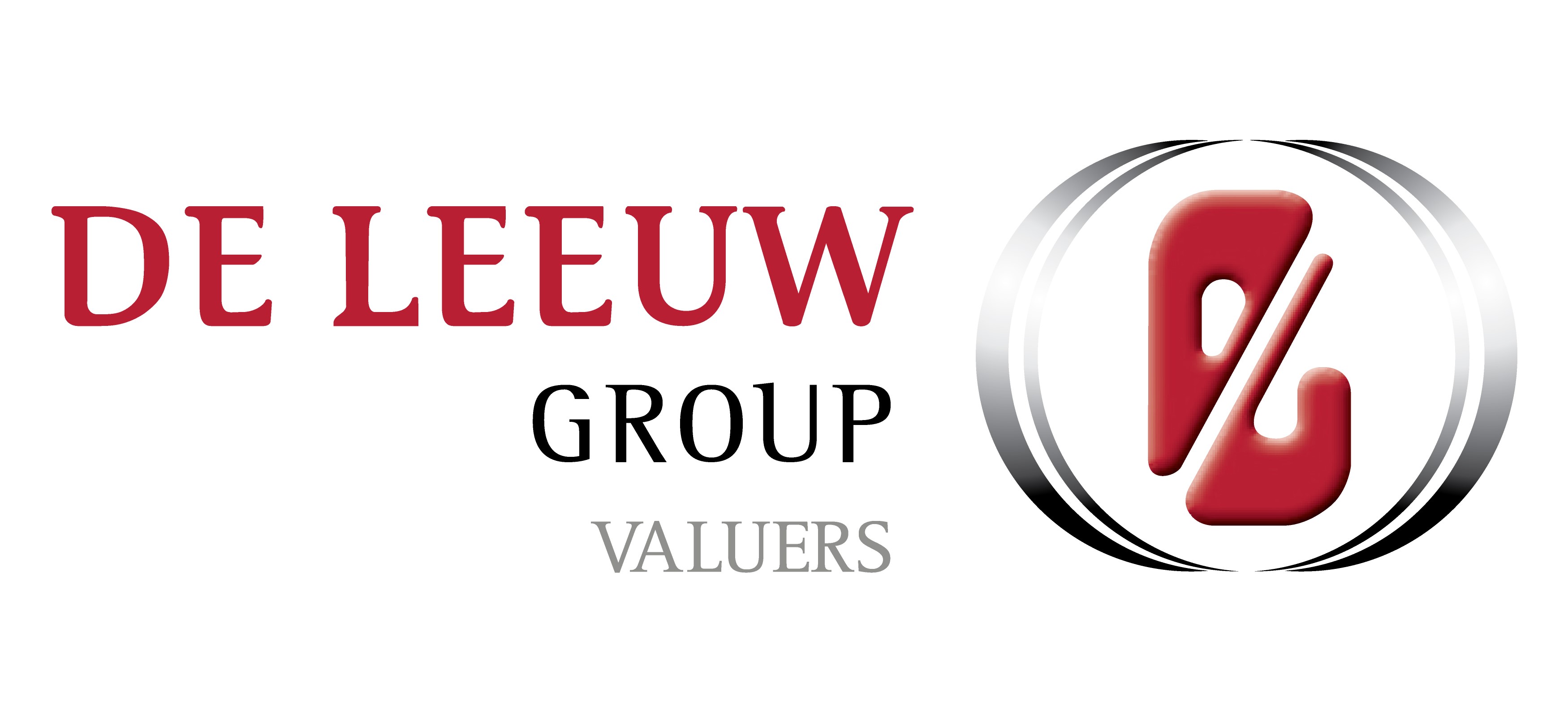 Name: De Leeuw Valuers Cape Town
Name: De Leeuw Valuers Cape Town Property Valuation Services
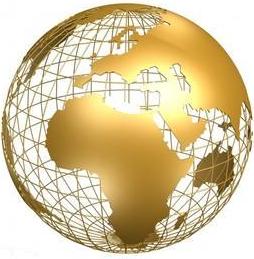 Name: E C Mobility
Name: E C Mobility International property, law and immigration
 Name: Edward Tokolo Kasete
Name: Edward Tokolo Kasete Real Estate Specialist - Our Associate in Namibia
We offer an international platform of specialist hospitality property and/or business brokering services by listing and marketing for sale or lease or by investment partner arrangement or management agreement arrangement of a variety of hospitality products (i.e. hotels, resorts, boutique hotels, guest houses, guest lodges, B&Bs, game resorts, wine farms, yachts, cruise liners, etc) through our association with EC Mobility (in Portugal and Spain), BON Hotels (Africa), Giovanni Conti (Italy, North and East Africa, Sri Lanka), Nuno Boquinhas (Portugal, Azores, Madeira, Mozambique), Property 24, Seeff Property Services, Harcourts, Realnet, RE/MAX, Dogon Property Group, Rawson Estates, among many other prominent commercial estate agencies throughout Southern Africa - and now we are entering other African Countries on the East and West Coasts of Africa and moving further abroad! To date, Exquisite Hotel Consultants has a presence in over 80 countries - and counting...
Working with the above-mentioned agencies and others provides the largest possible reach nationally and internationally for all prospective buyers and sellers wishing to enter or exit the Hospitality Industry.
Sister websites have been opened in the following countries: United Kingdom: see www.exquisitehotelconsultants.co.uk, and in Germany: see www.exquisitehotelconsultants.de, and in the United States of America: see www.exquisitehotelconsultants.us.
Please note that several of our hospitality properties and/or businesses for sale or lease or through business partnership arrangements or management contracts are officially "Off-Market" - mainly for privacy reasons. Therefore, they are not listed as part of our hospitality properties/businesses for sale or lease stock. Please contact me for further details.
Should you be considering to sell or buy or lease or obtain a partnership arrangement or management agreement arrangement for your hotel, boutique hotel, resort, guest house, B&B, game lodge, game resort, guest farm, yacht or cruise liner etc, I would be most pleased to provide you with further details of our way of working to effectively market and sell your property(ies) and/or business(es).
 Name: Electrolux Professional
Name: Electrolux Professional Food Service, Beverage and Laundry Solutions
Electrolux Professional is a leading global provider of foodservice, beverage and laundry solutions, serving a wide range of customers globally, from restaurants and hotels to healthcare, educational and other service facilities.
 Name: Exquisite Hotel Consultants' Hospitality Training Department
Name: Exquisite Hotel Consultants' Hospitality Training Department Learn to speak Hotel English (one-to-one online course)
Our TEFL trained tutors teach the following functions
The course consists of 21 lessons (4 to 5 one-hour lessons per month).
 Name: FVE Interiors
Name: FVE Interiors Interior Design
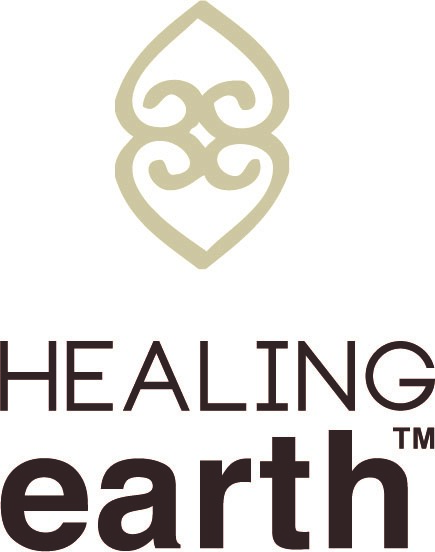 Name: Healing Earth
Name: Healing Earth Hotel Amenities - inspired by Africa
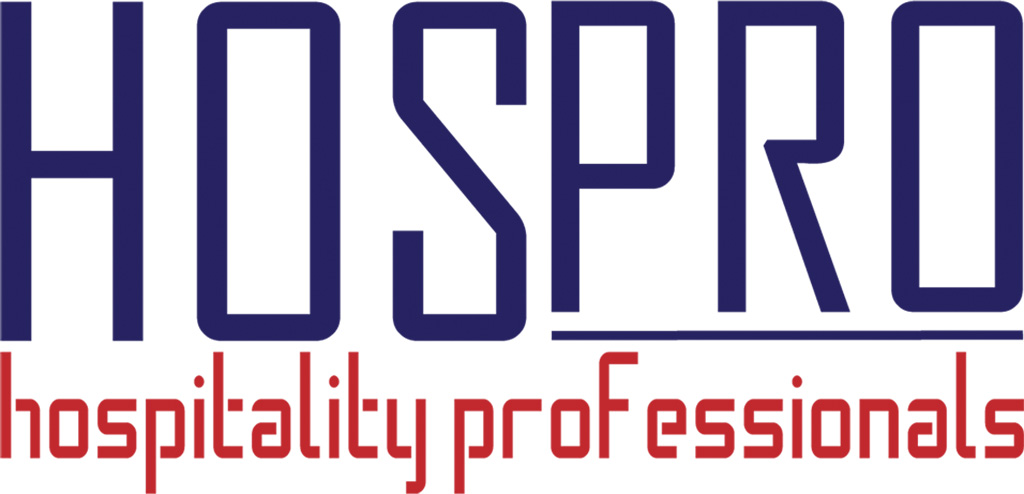 Name: Hospro
Name: Hospro Hospitality Consultancy and Procurement
 Name: Hotel Revenue Management
Name: Hotel Revenue Management Revenue (yield) Management
Online room inventory Distribution & Rates optimisation
Implementation of Best Available Rate (BAR), in conjunction with point 1 & 2
 Name: Indigo Real Estate Agency
Name: Indigo Real Estate Agency Real Estate Agency - Our Associate in Mozambique
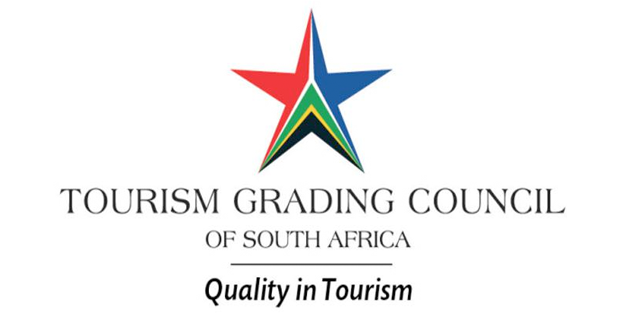 Name: Lisa Dunn - Tourism Grading Assessor
Name: Lisa Dunn - Tourism Grading Assessor Tourism Grading Assessment
 Name: Ooba (Pty) Ltd
Name: Ooba (Pty) Ltd Mortgage Origination
ooba offers you:
 Name: SK Sambu Tours & Transfers
Name: SK Sambu Tours & Transfers Johannesburg based Tours & Transfers Operator
We look forward to being of service to you.
Kind regards
King Sambu
 Name: Soul Private Collection
Name: Soul Private Collection Hotel Management and Marketing
 Name: The Dumb Butler Hospitality Suppliers
Name: The Dumb Butler Hospitality Suppliers Hotel Linen Suppliers
LUX Award Winners 2021 for The Best Hospitality Suppliers. We are a proudly South African brand established in 2006.
We Supply:
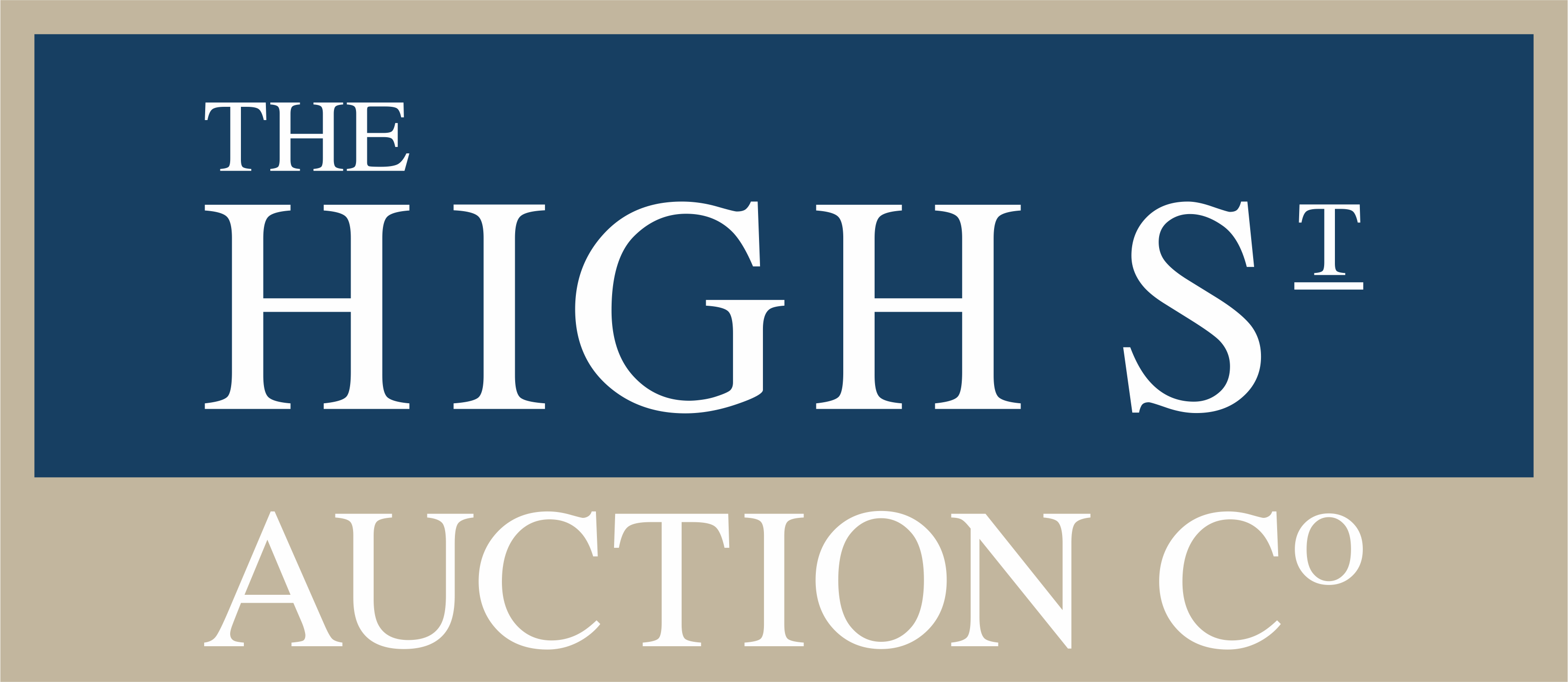 Name: The High Street Auction Company
Name: The High Street Auction Company
Property Auctioneers
Appreciating Property Value
 Name: Touch Point Retail
Name: Touch Point Retail Smart Interior Design
Cliff Jacobs (Nat Dpl Hotel Man (UJ). MPRE. GA Level 5 TEFL) Managing Principal / CEO Exquisite Hotel Consultants (Pty) Ltd Mobile: +27 (0) 84 413 1071 / +27 (0) 61 716 6951 Email: cliff@exquisitehotelconsultants.com Web: https://www.exquisitehotelconsultants.com © All rights reserved Terms and Conditions apply Scroll down to view our Hospitality Properties and Businesses for sale or lease or lease-to-buy or partnership arrangement or management agreement arrangement.